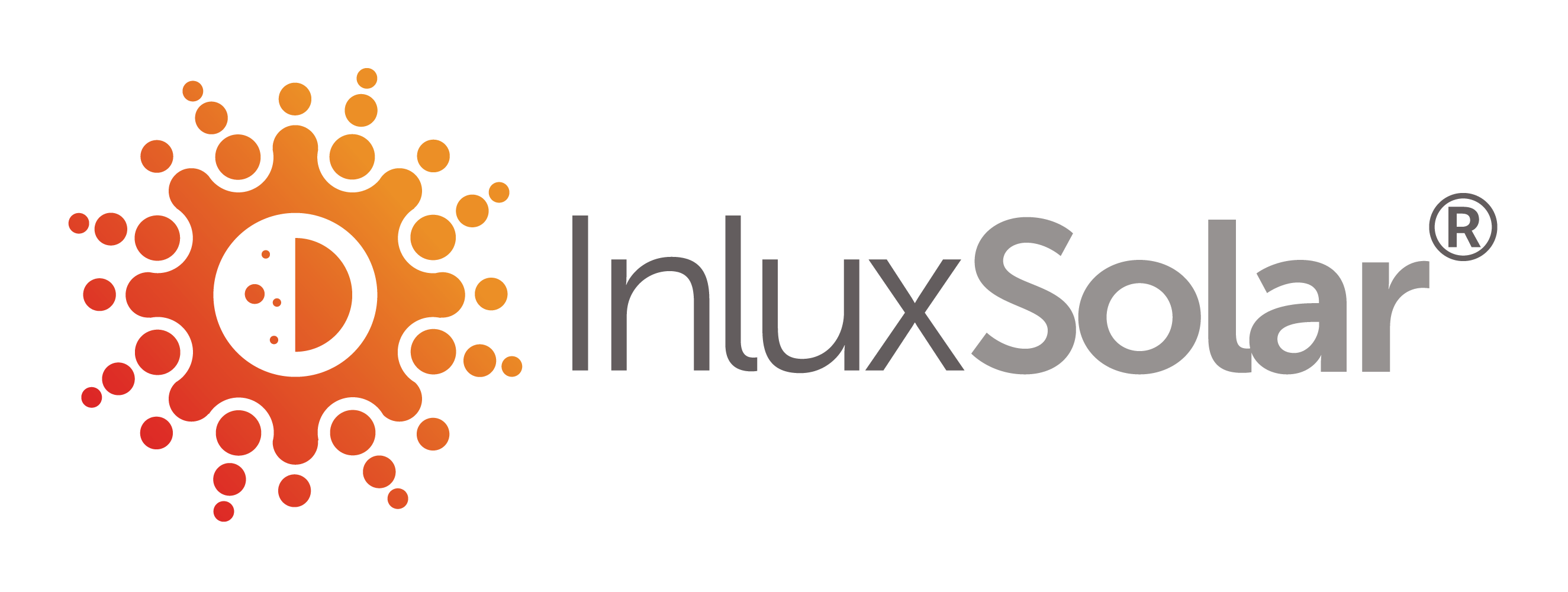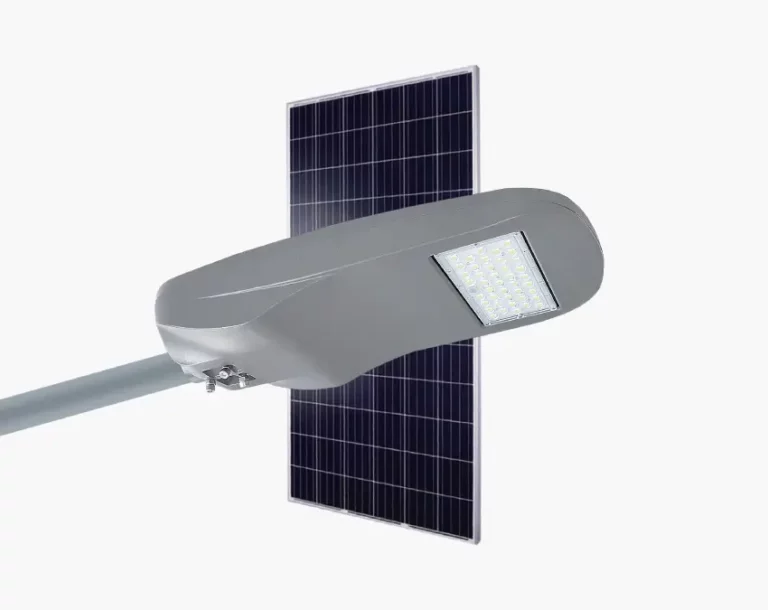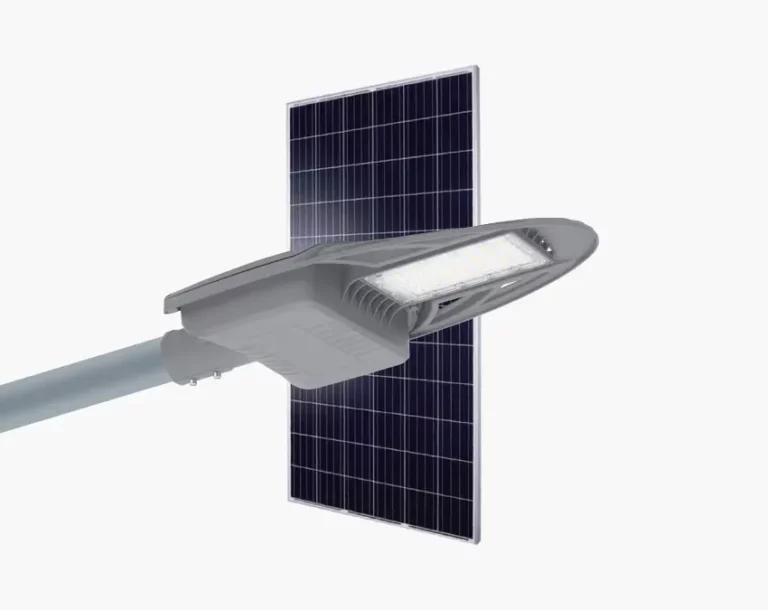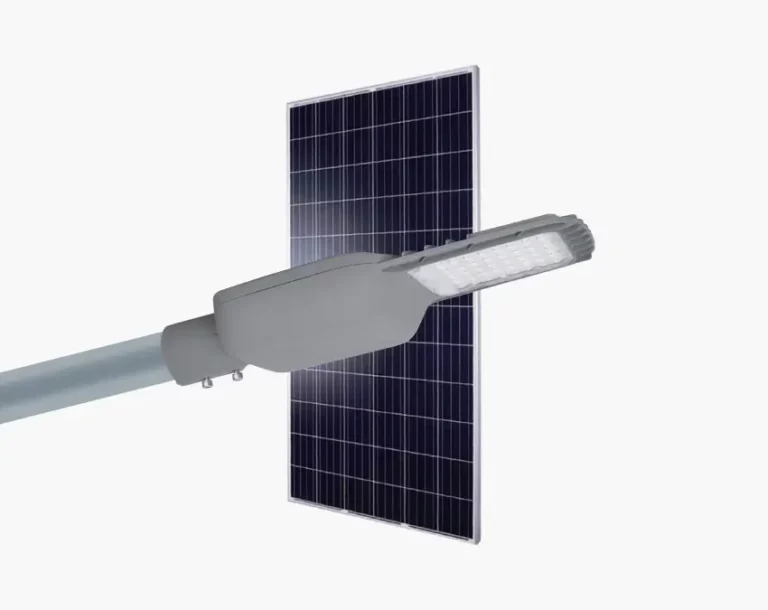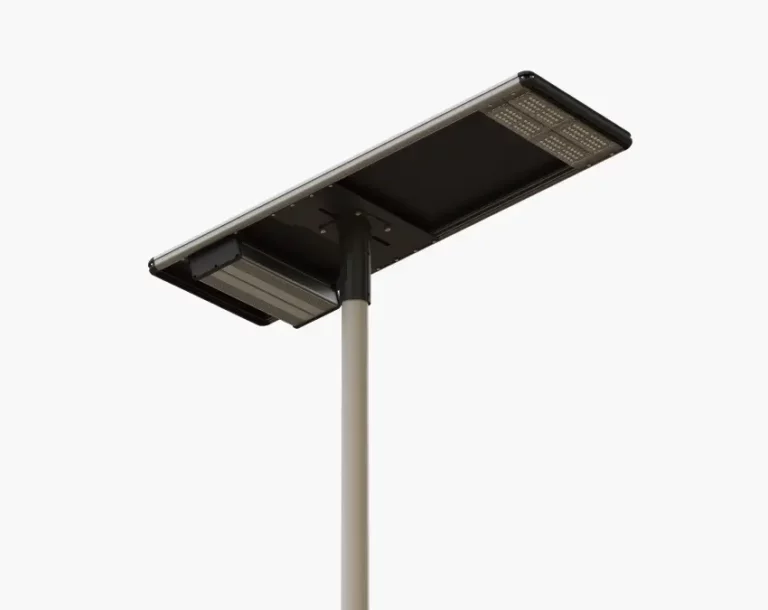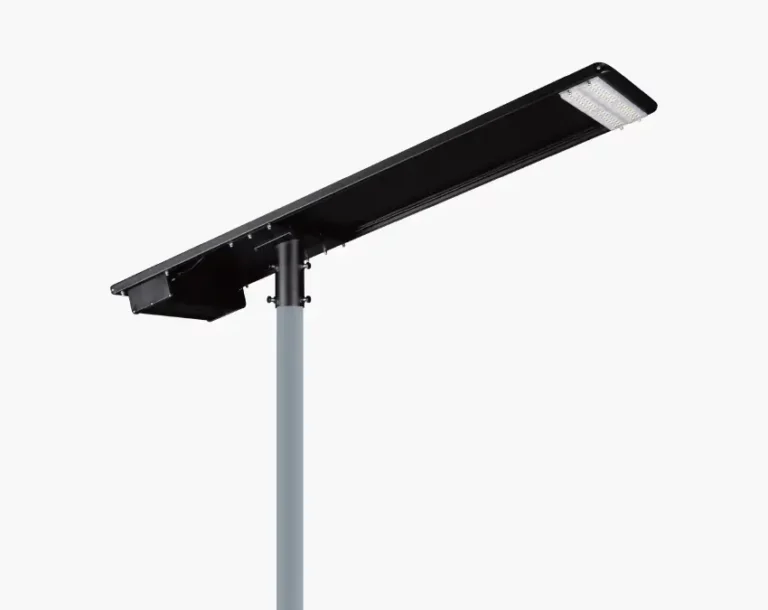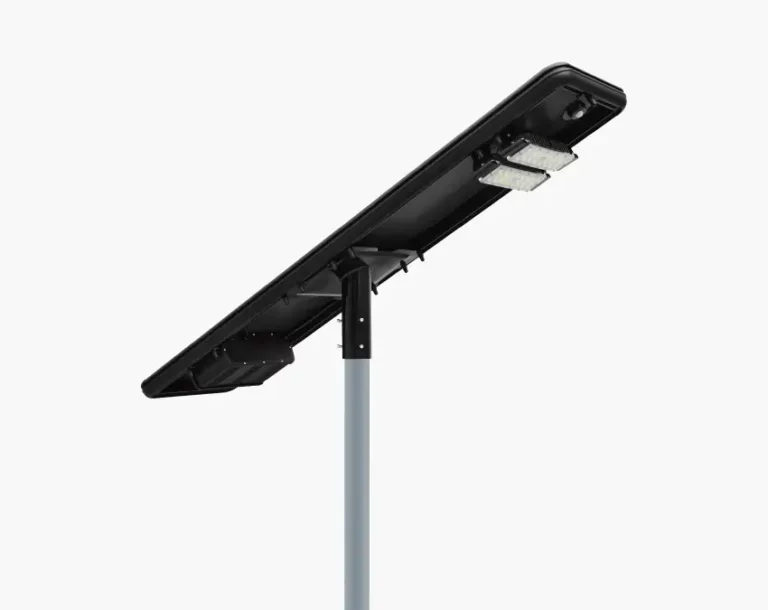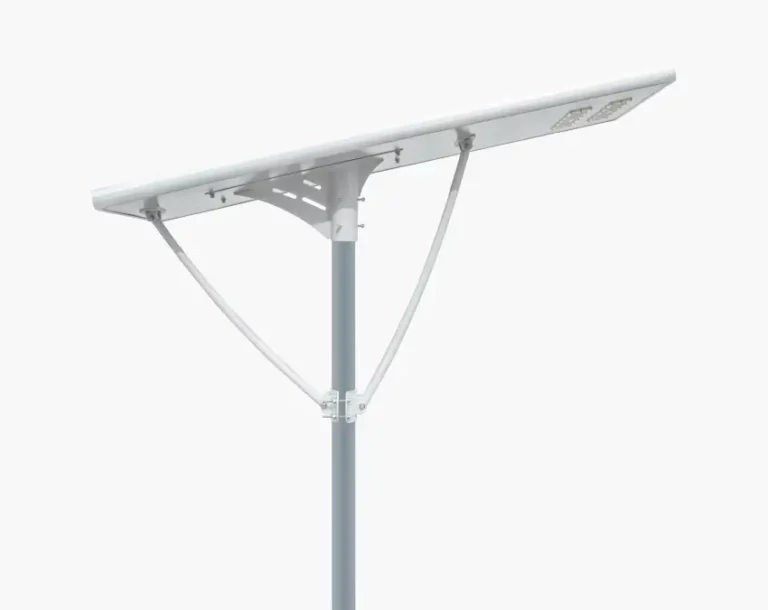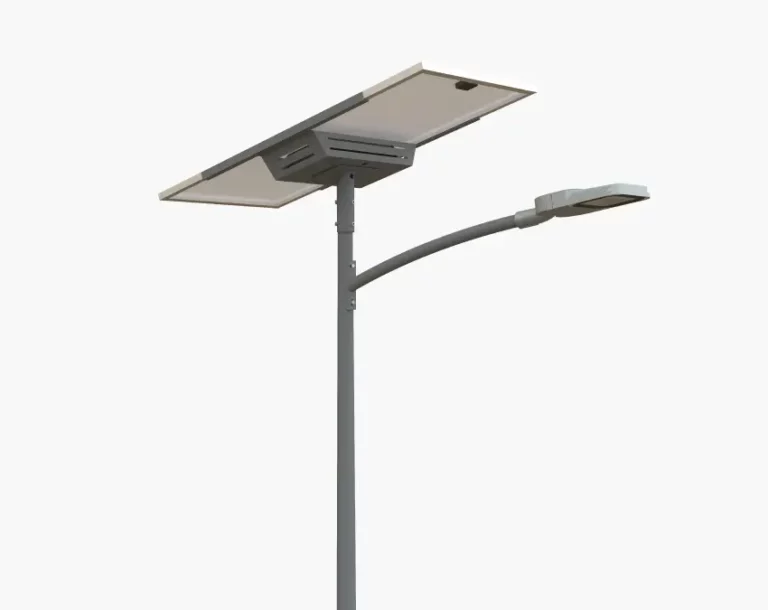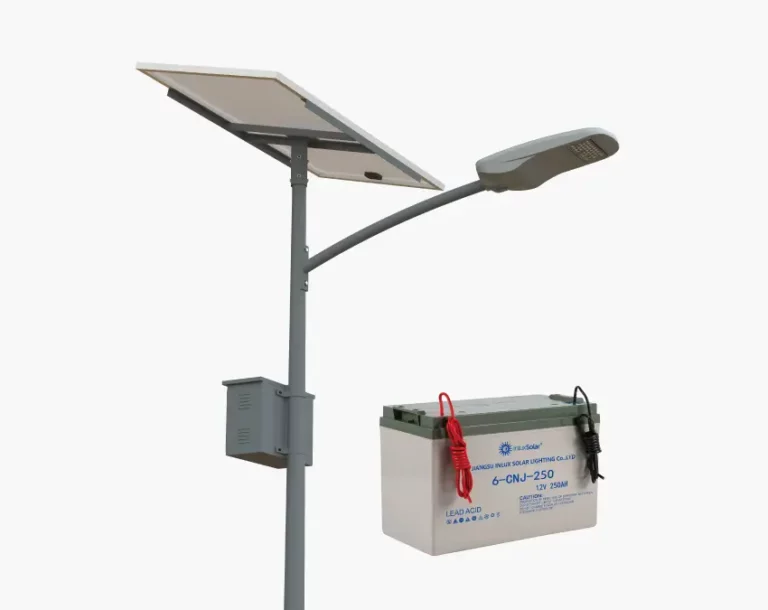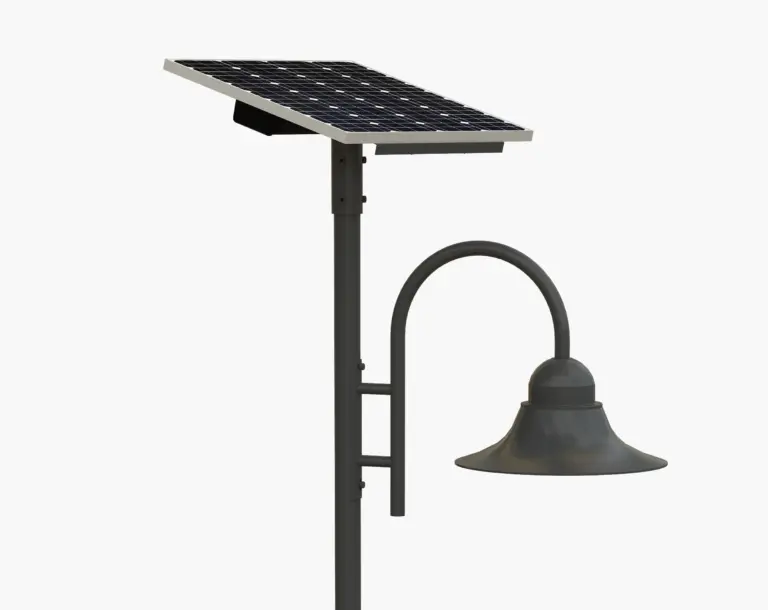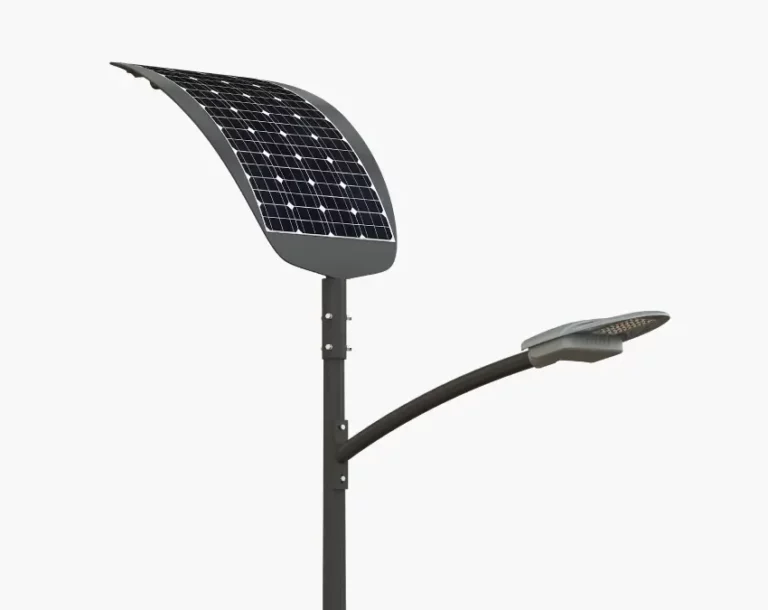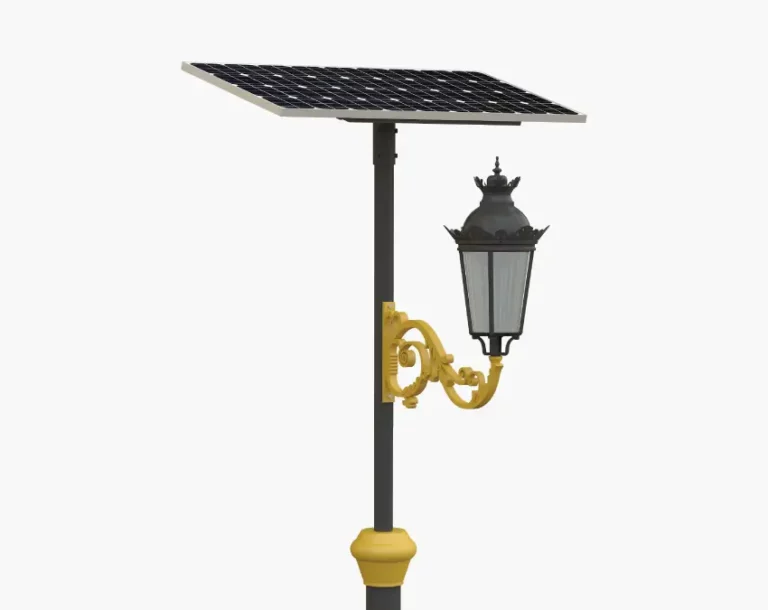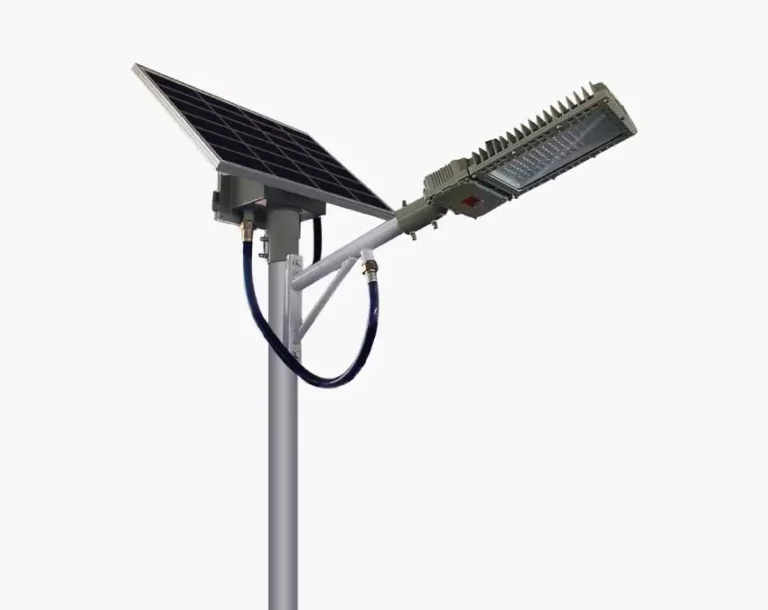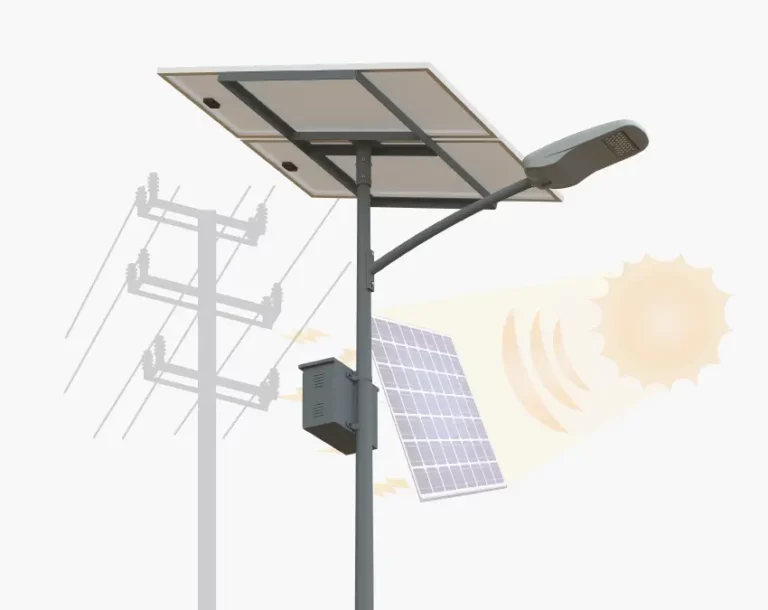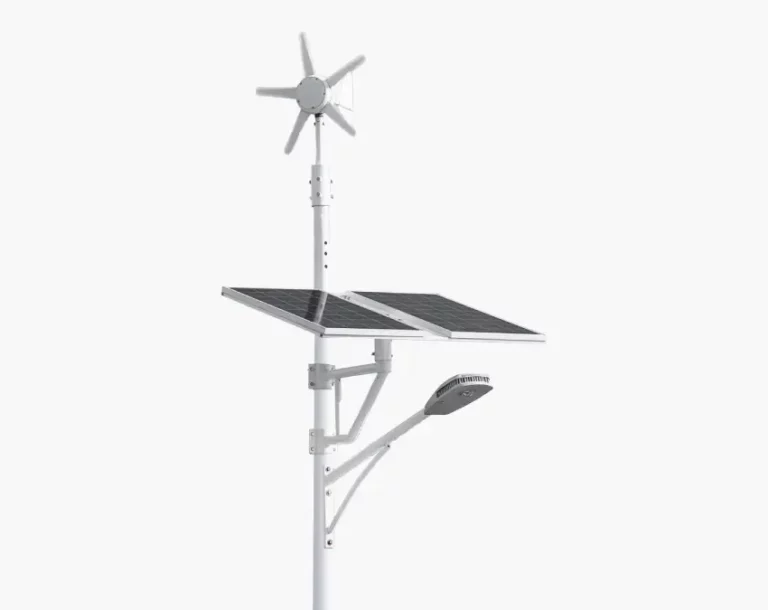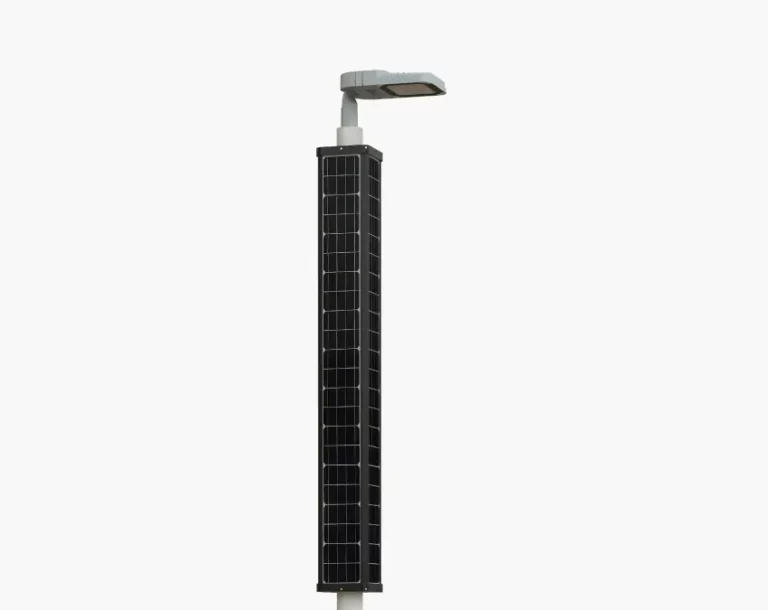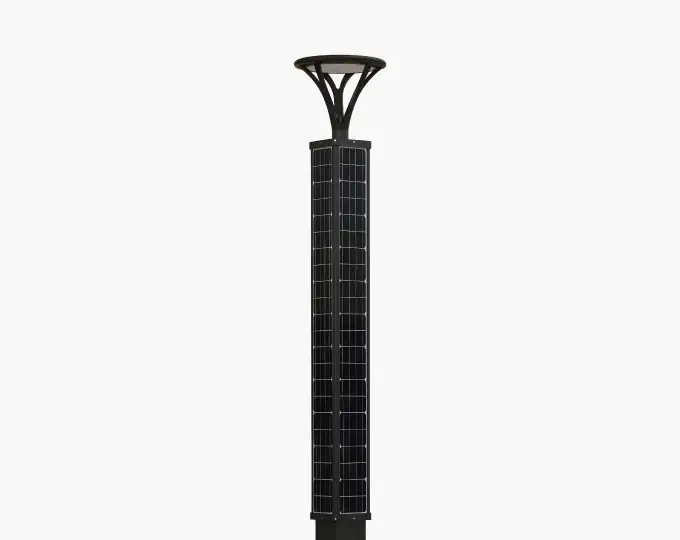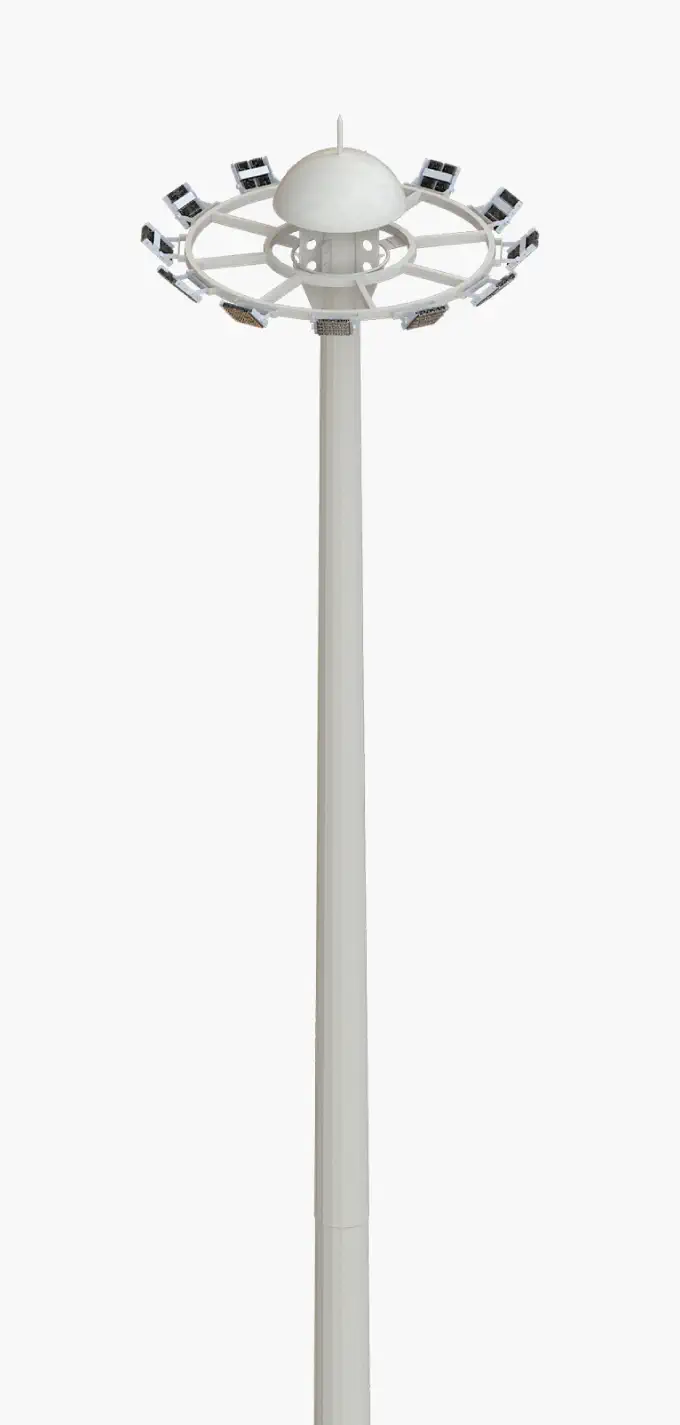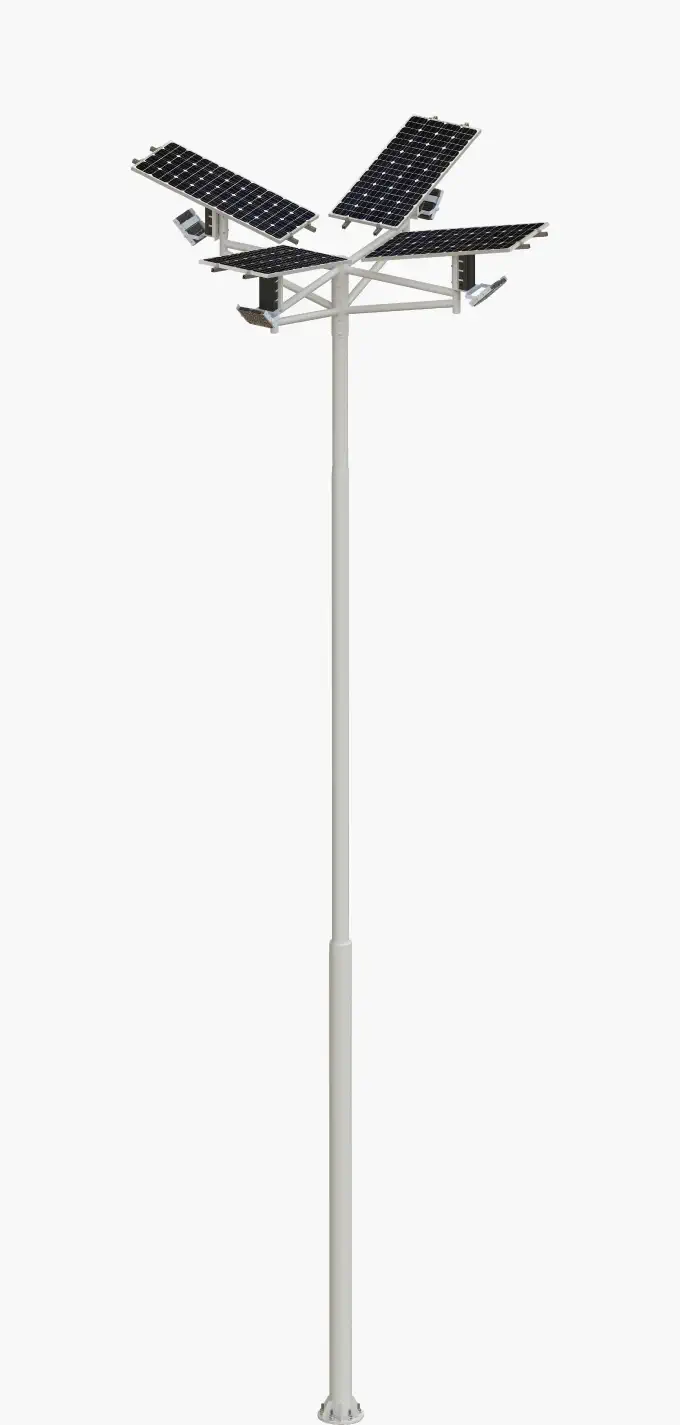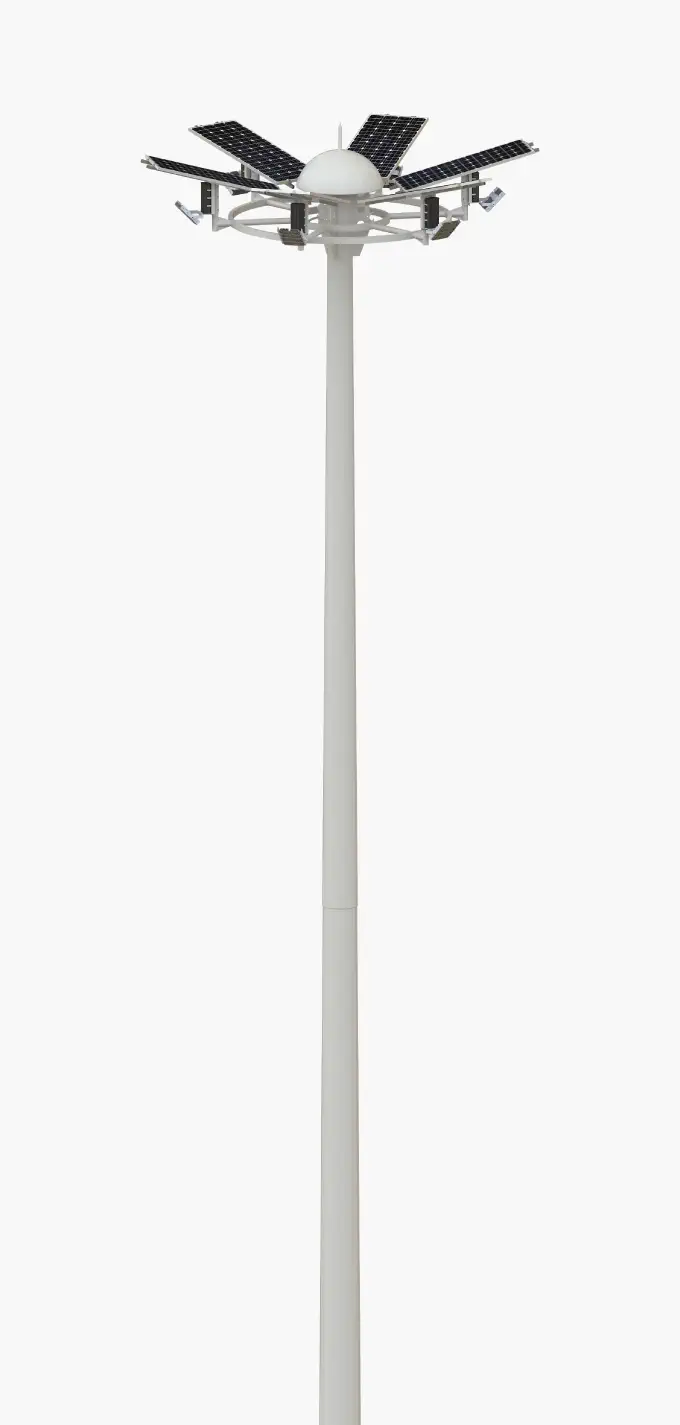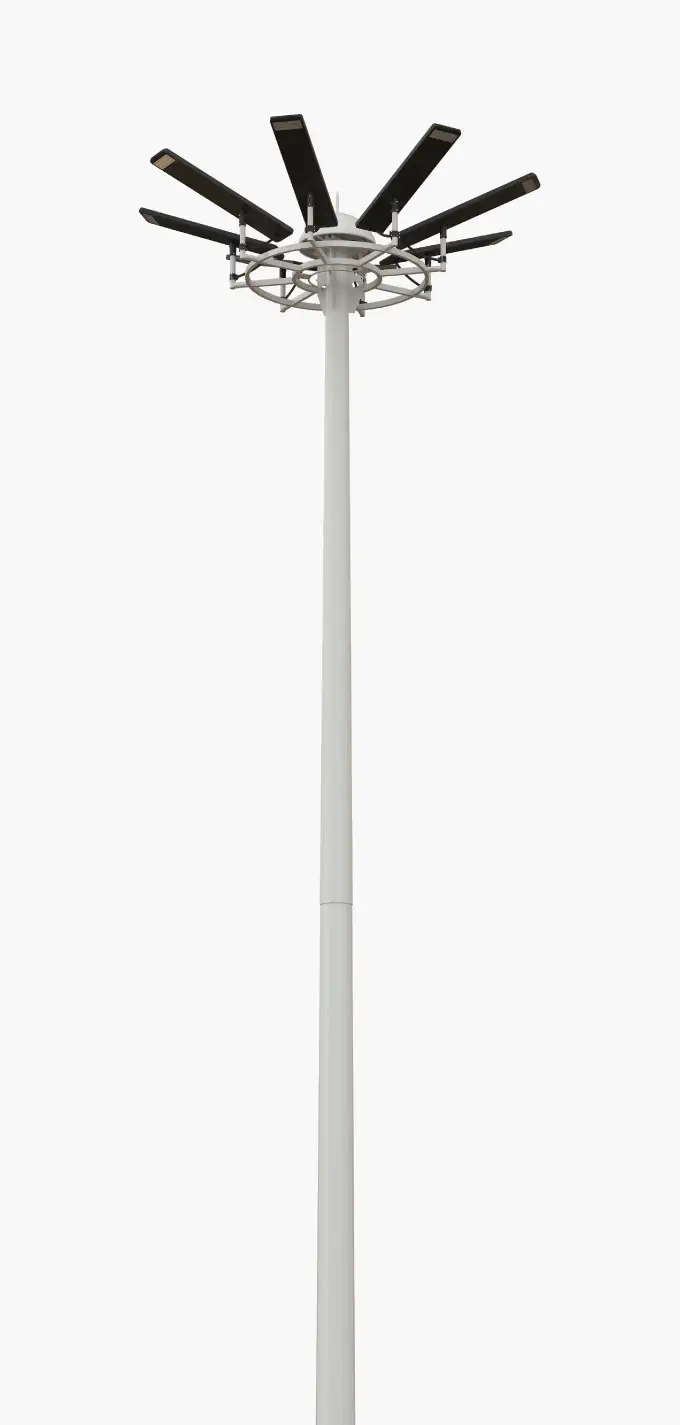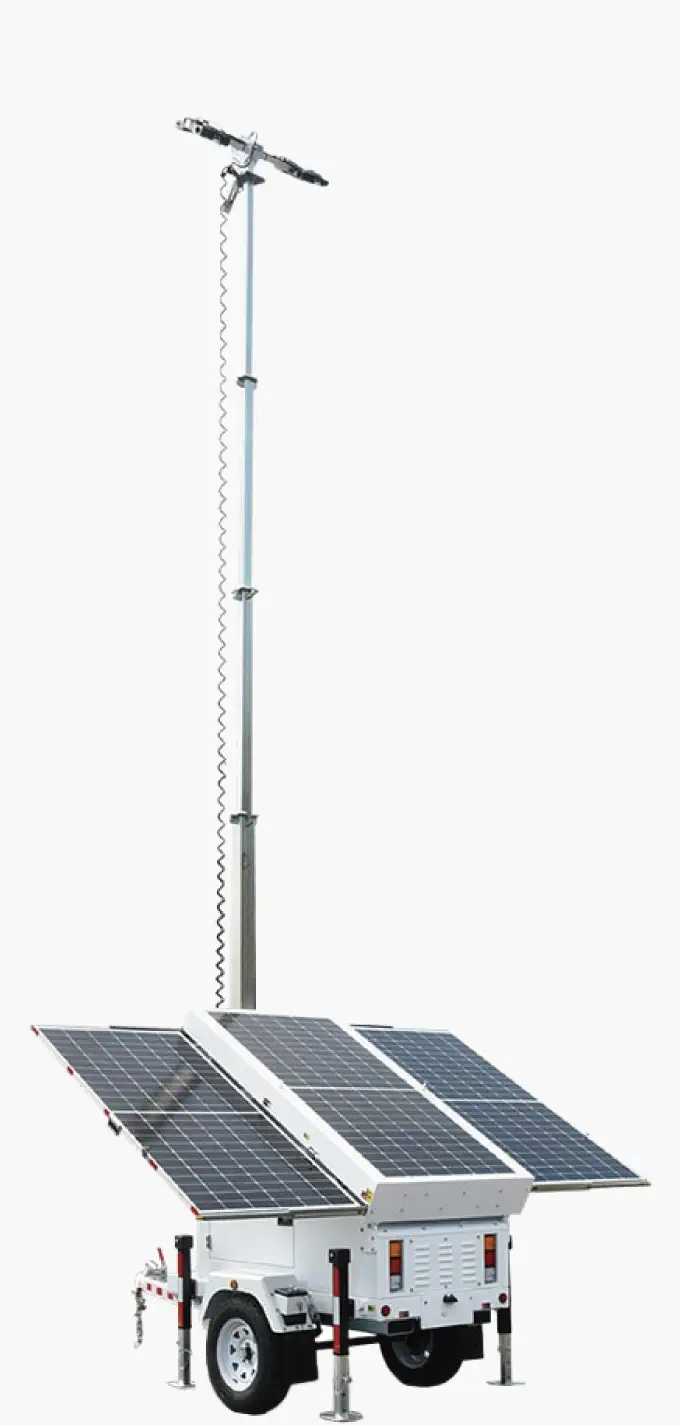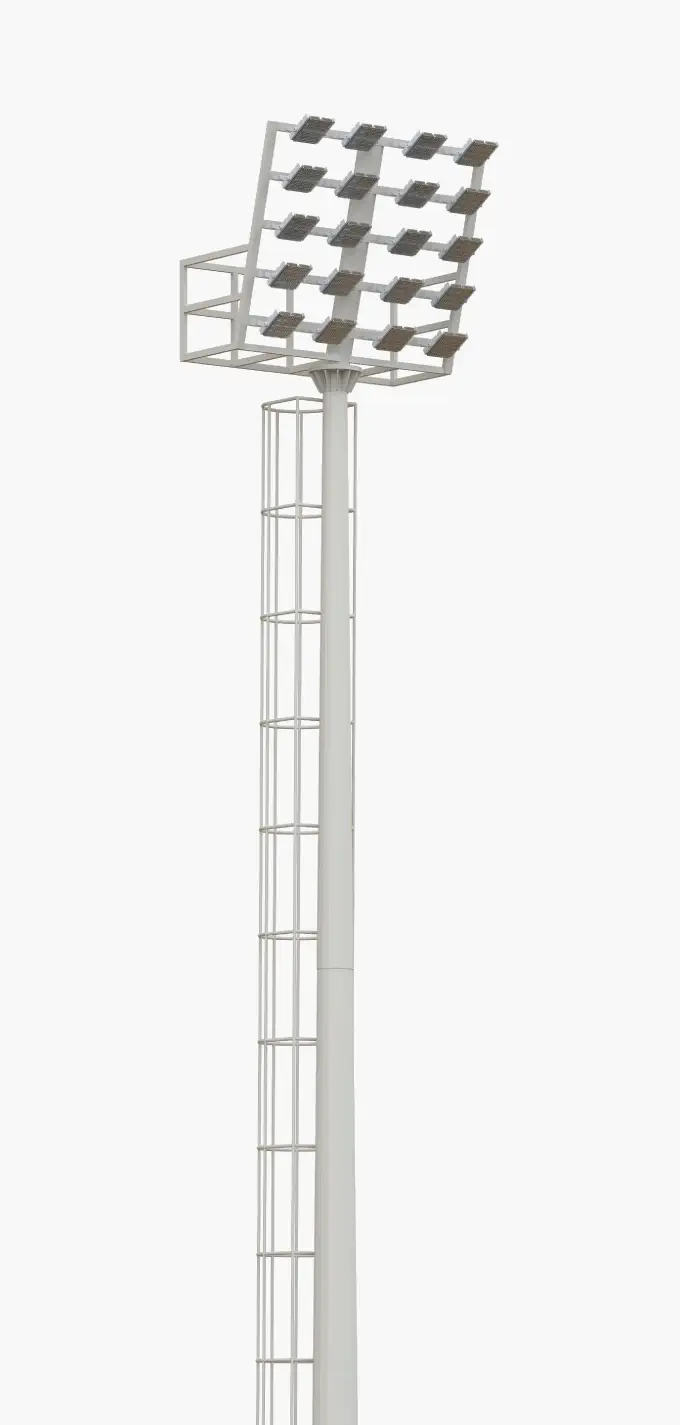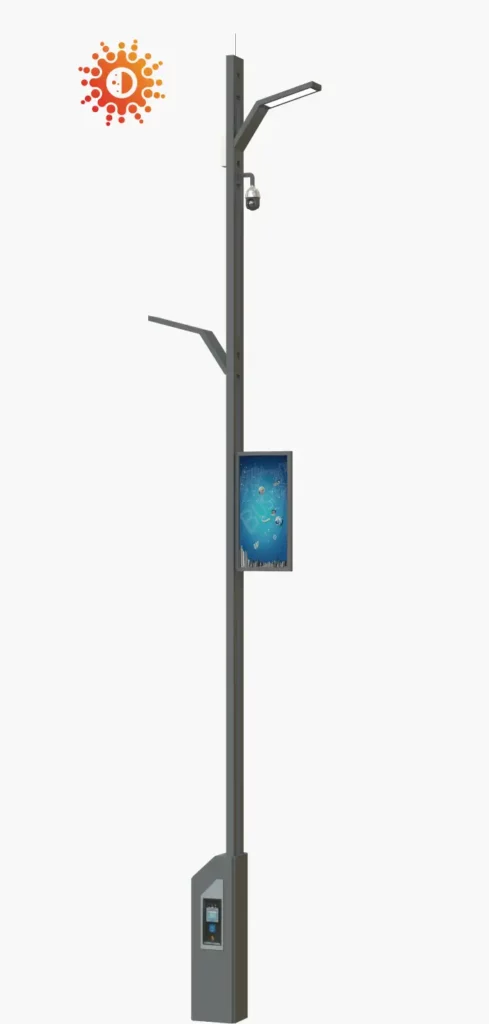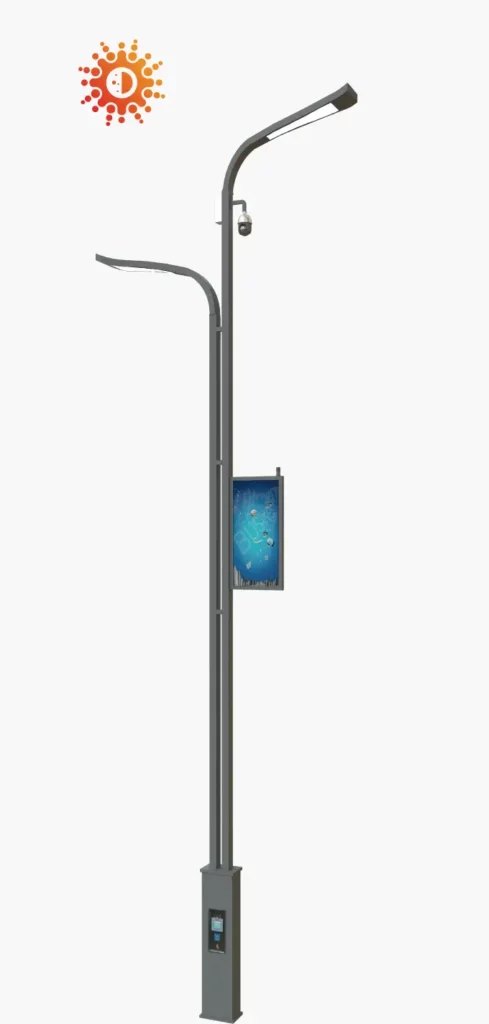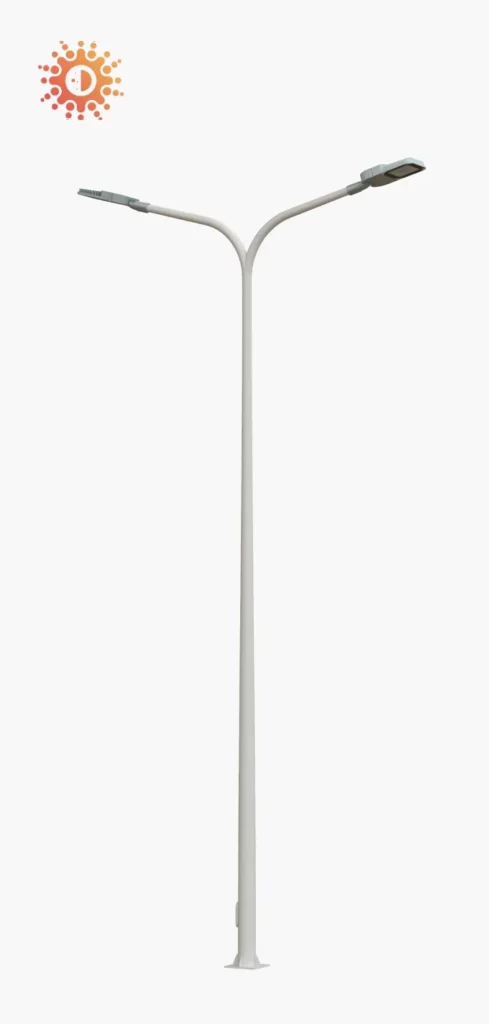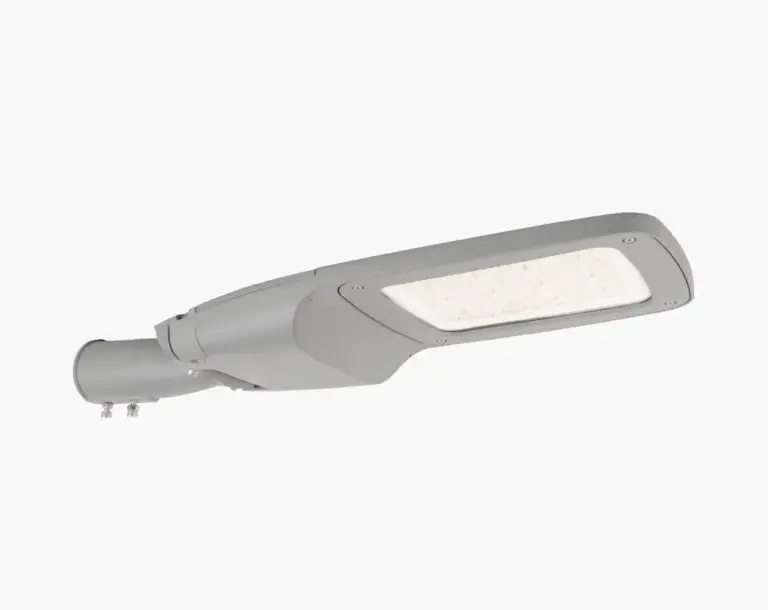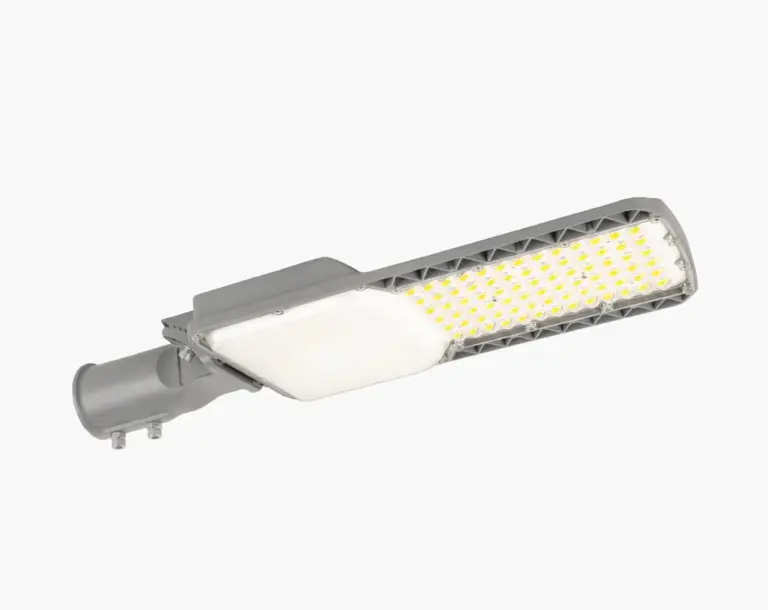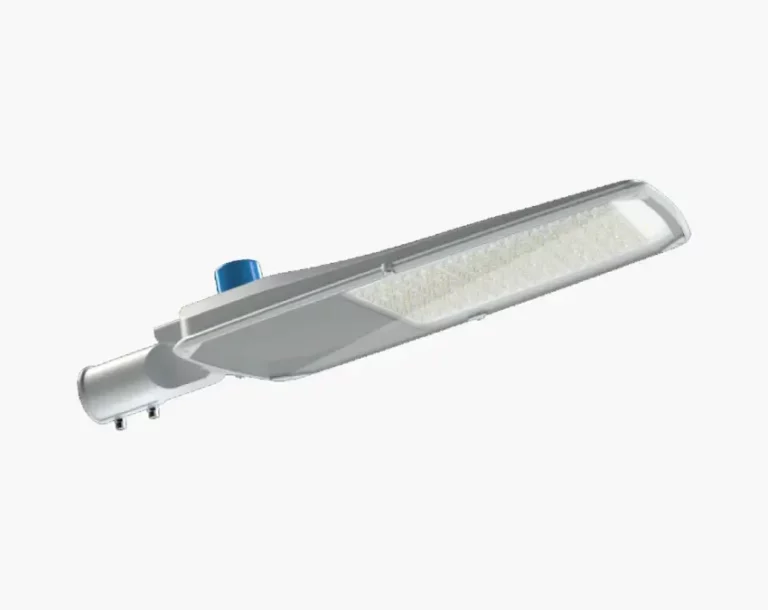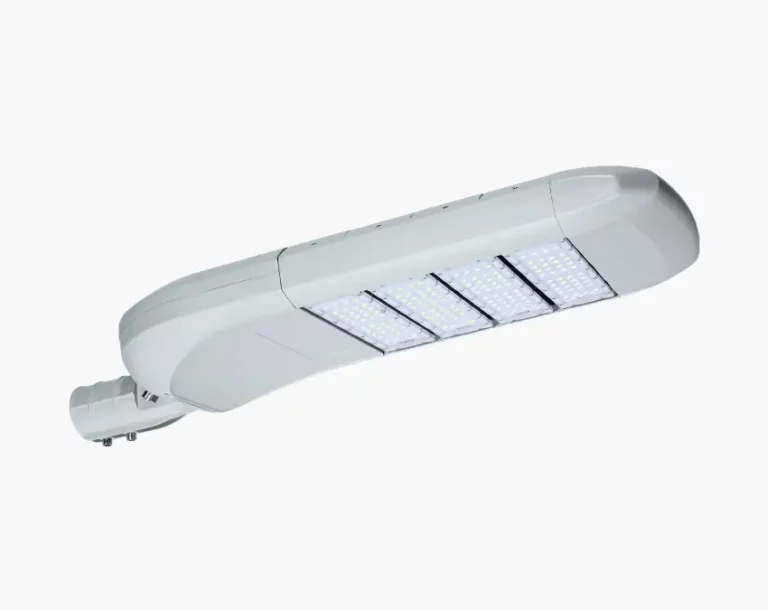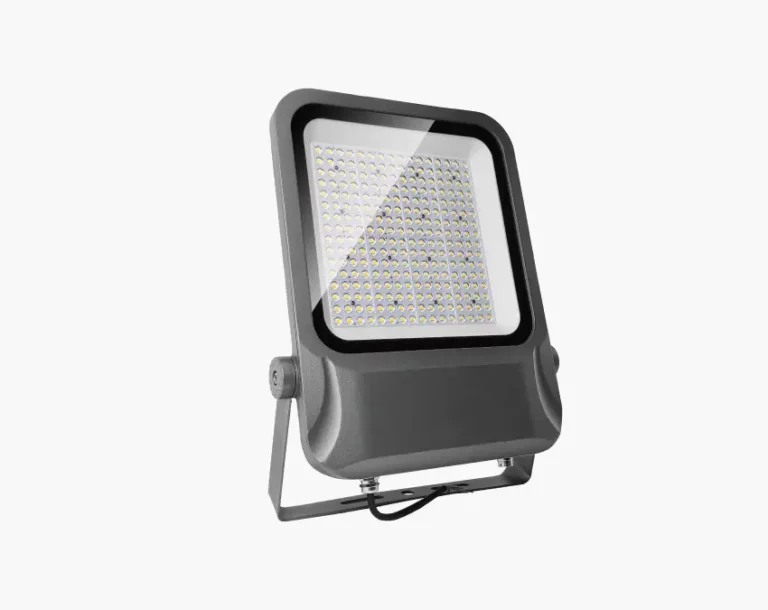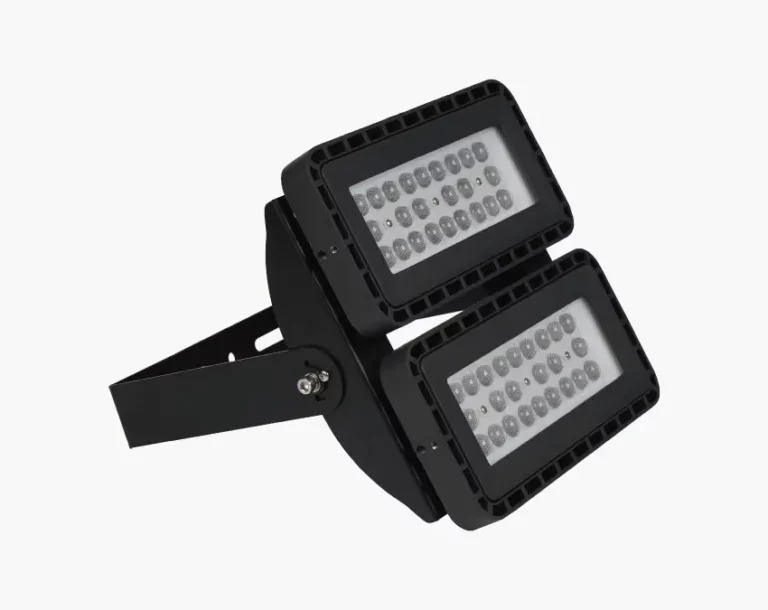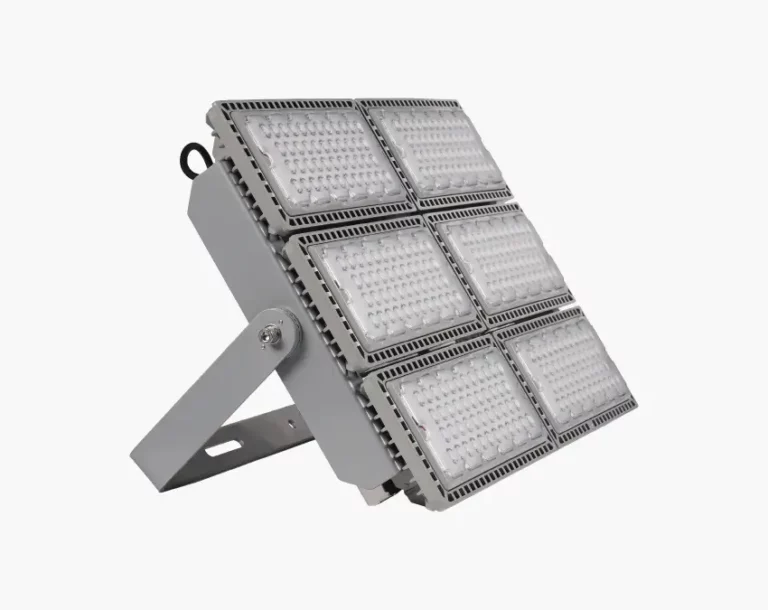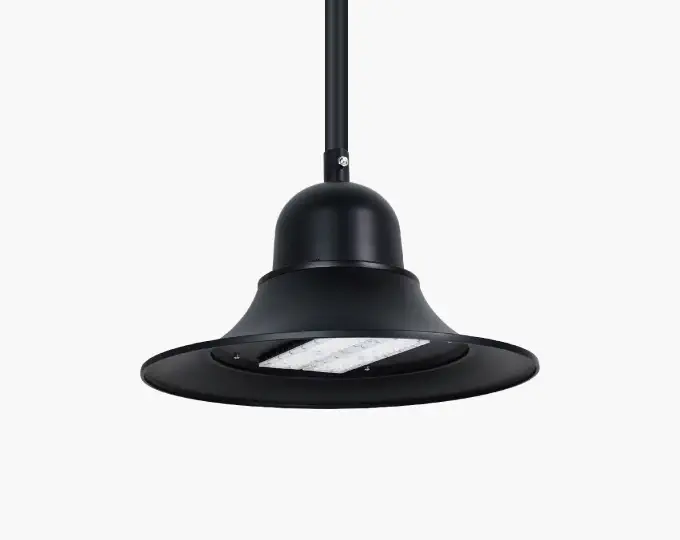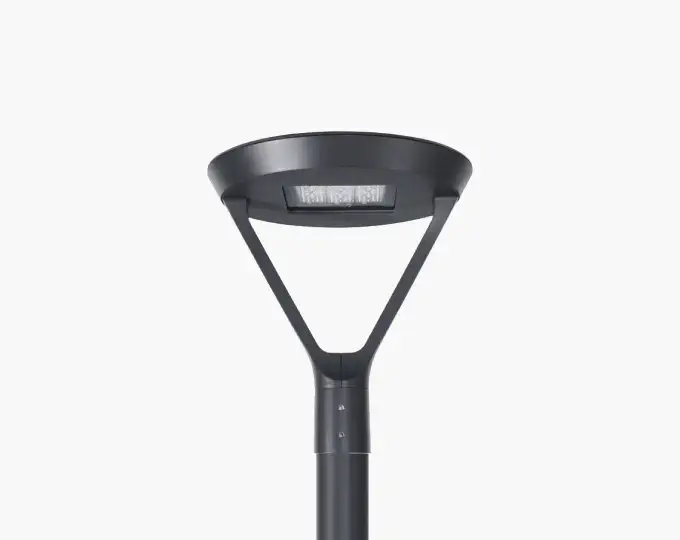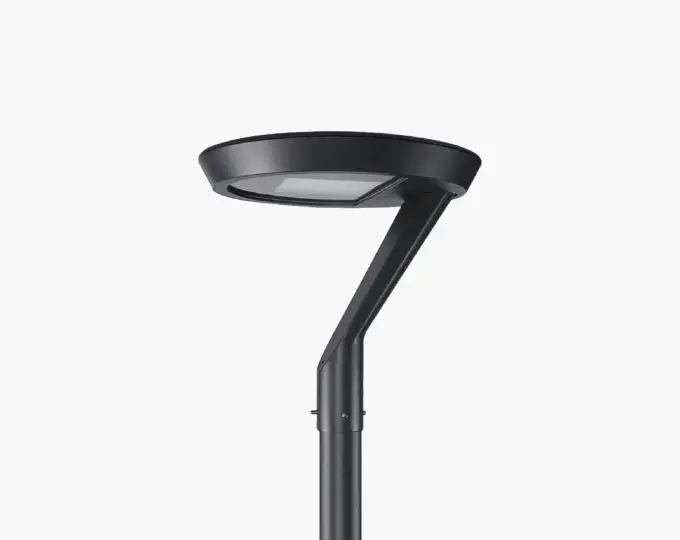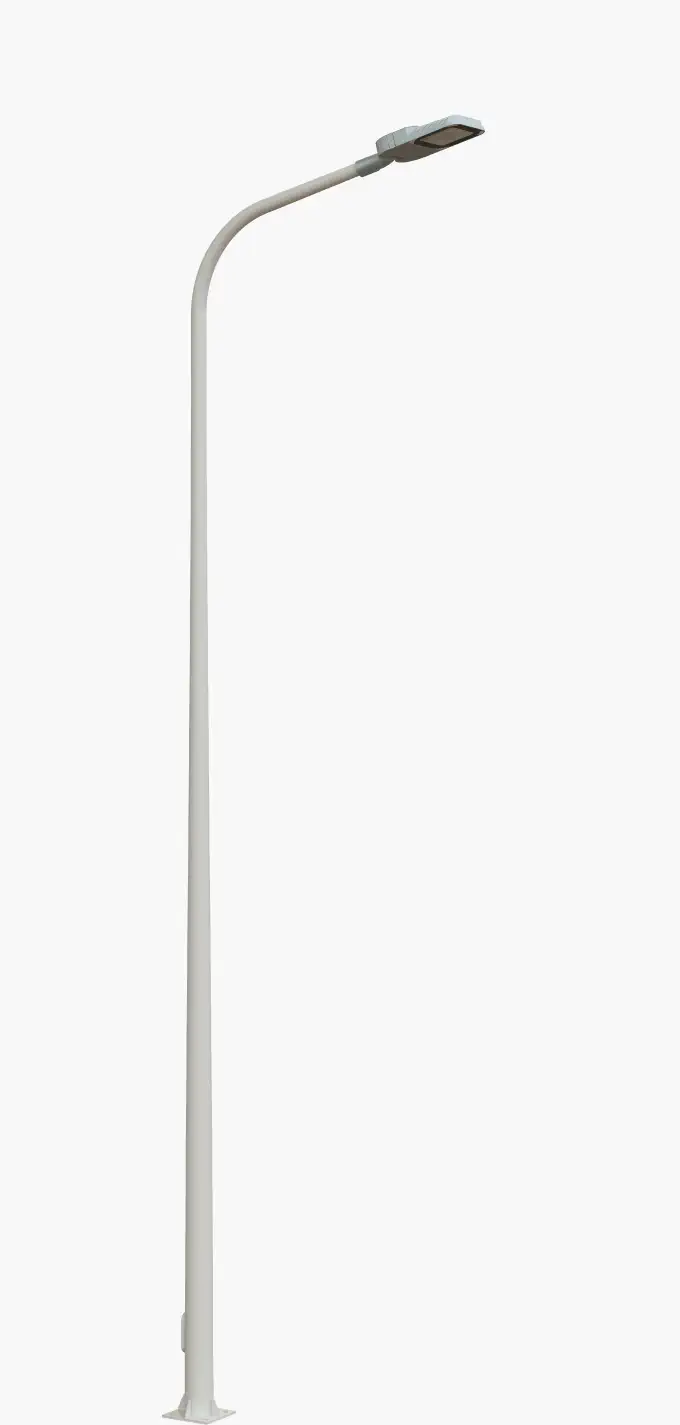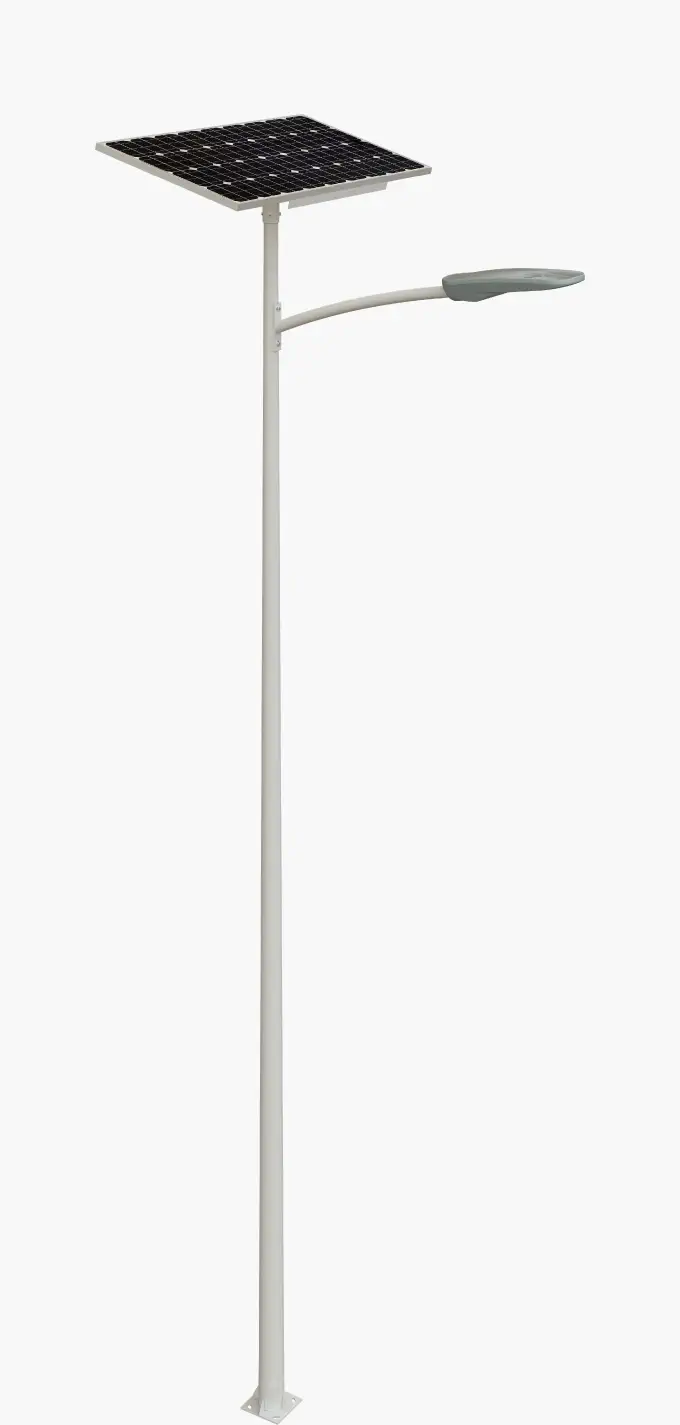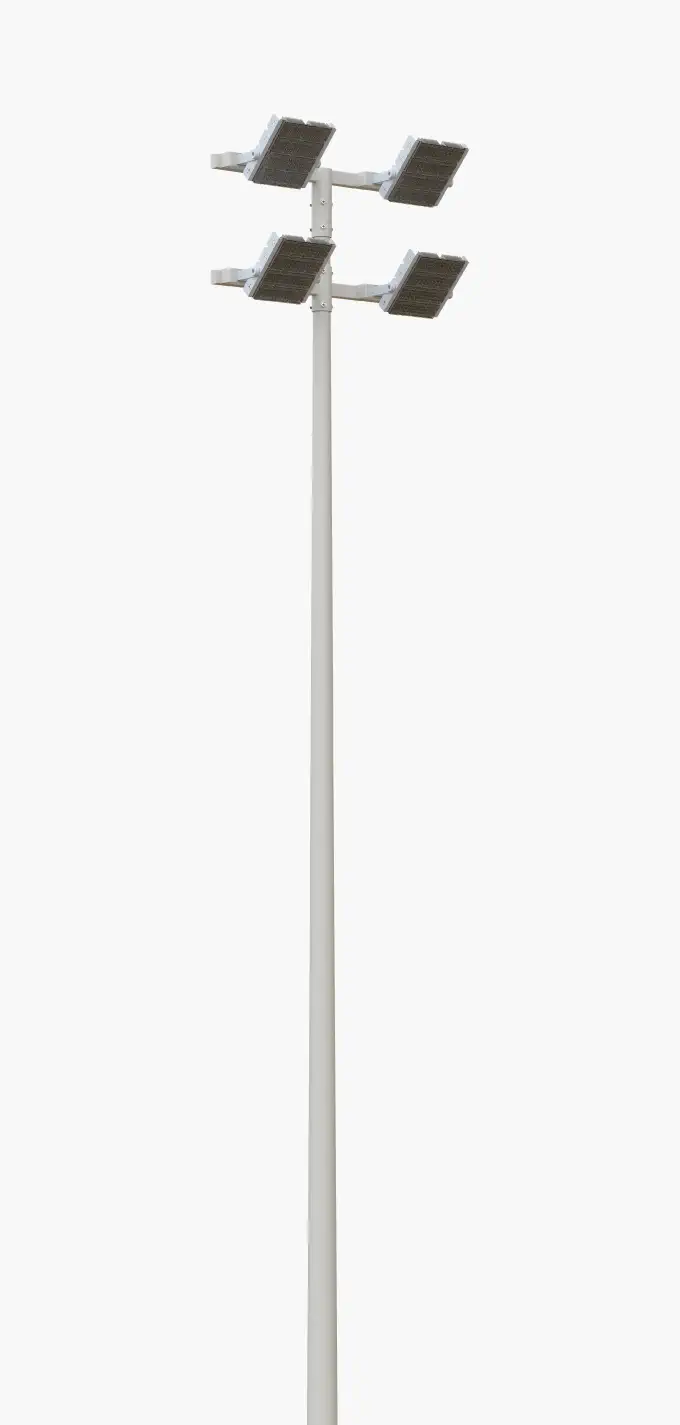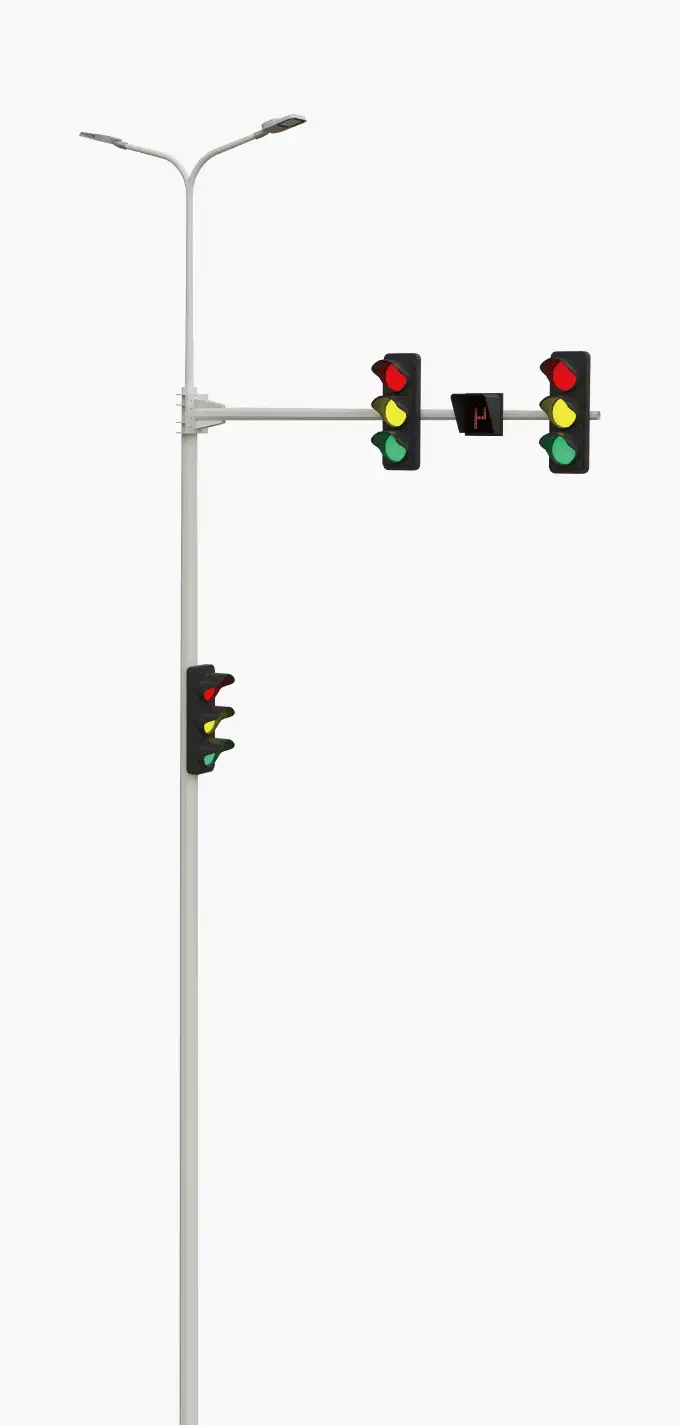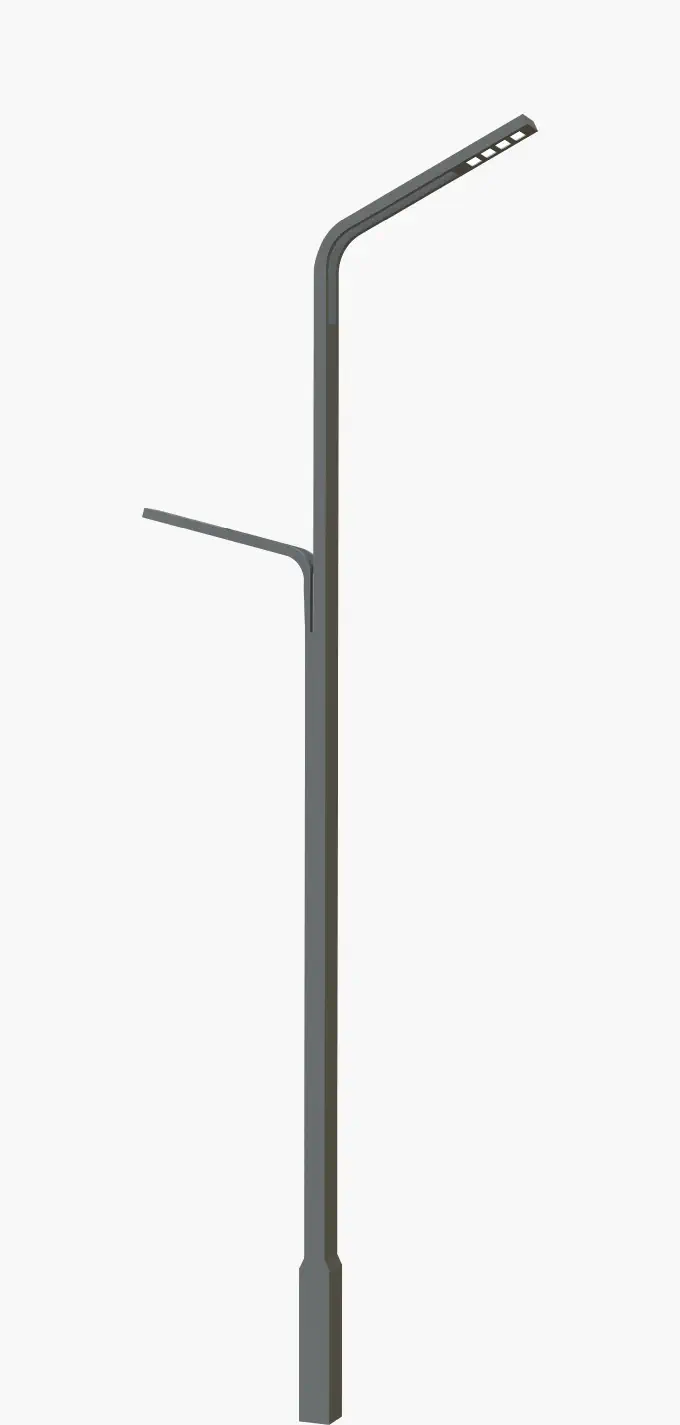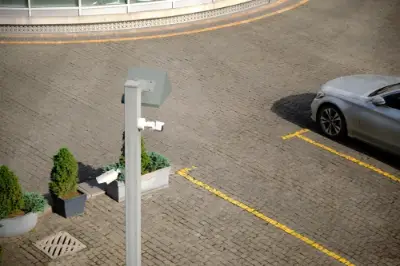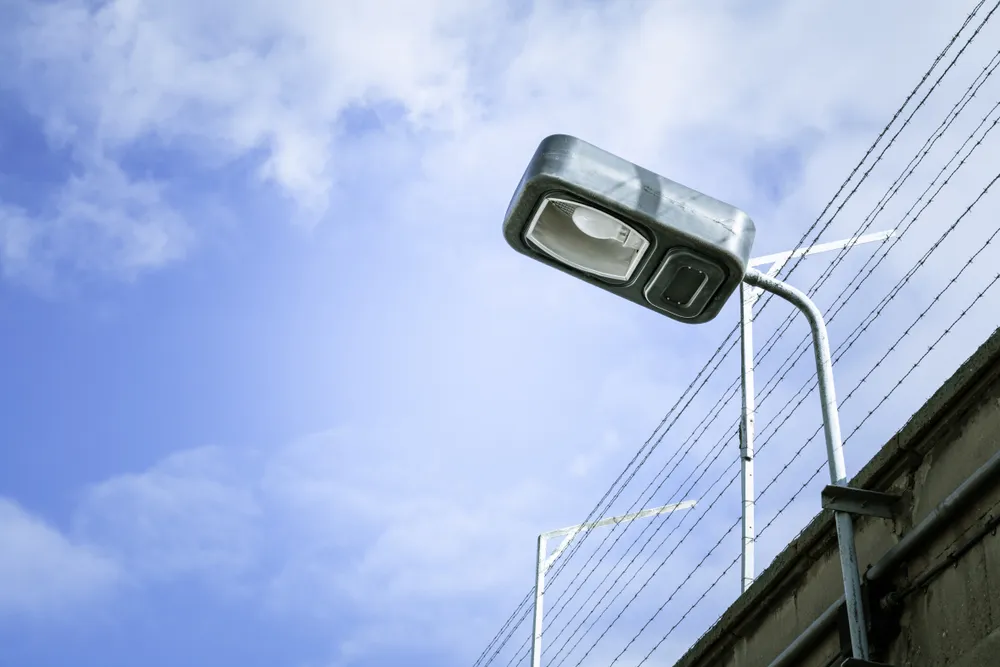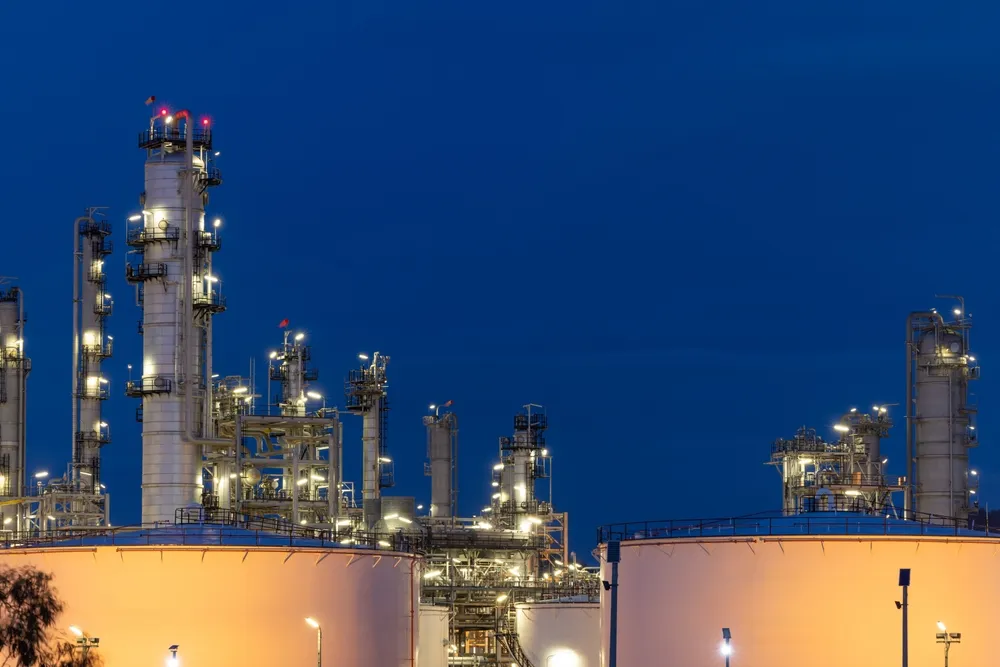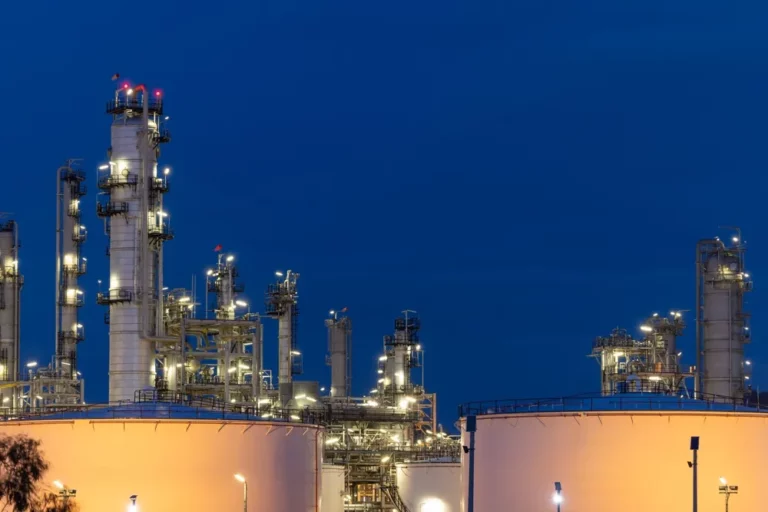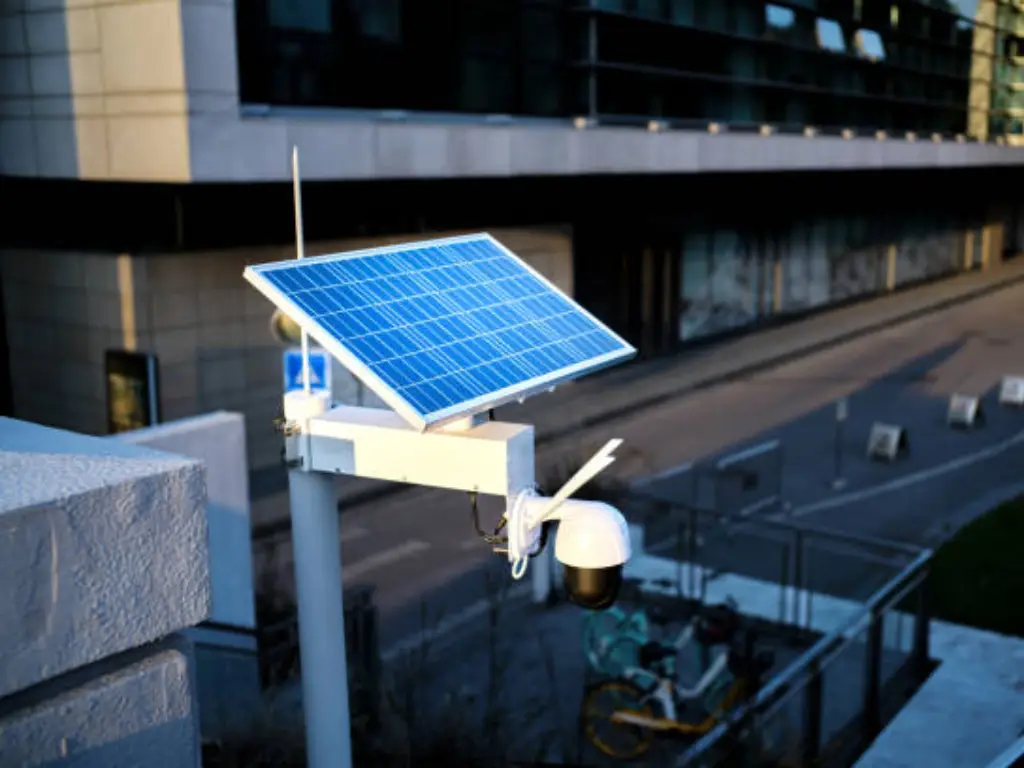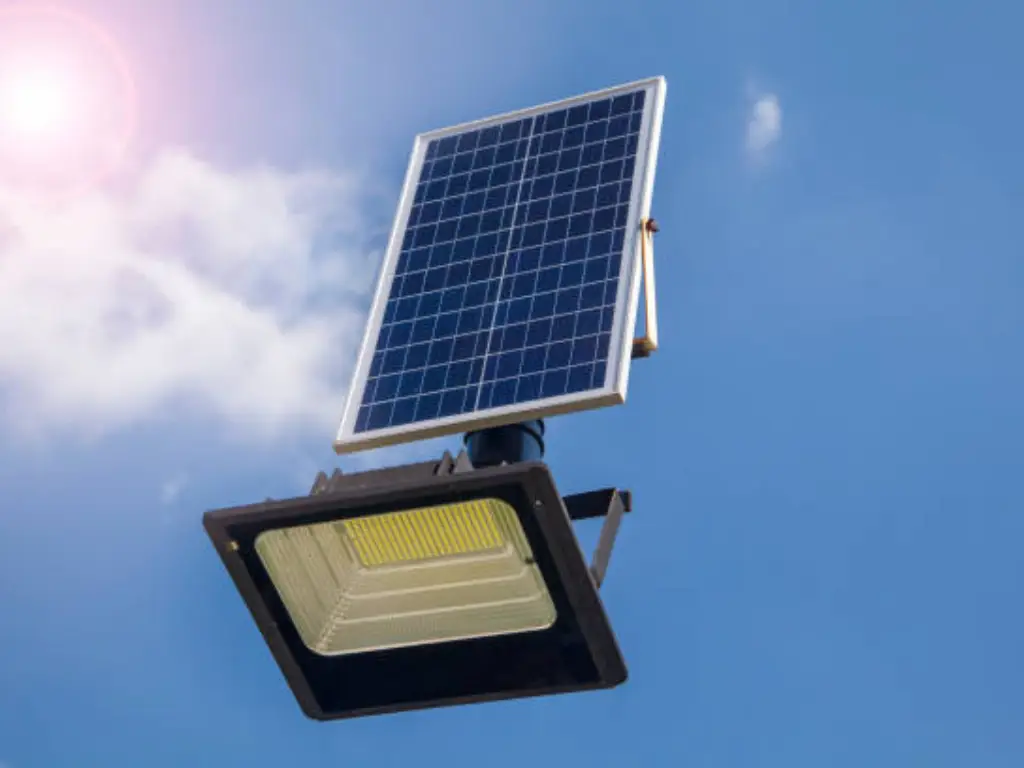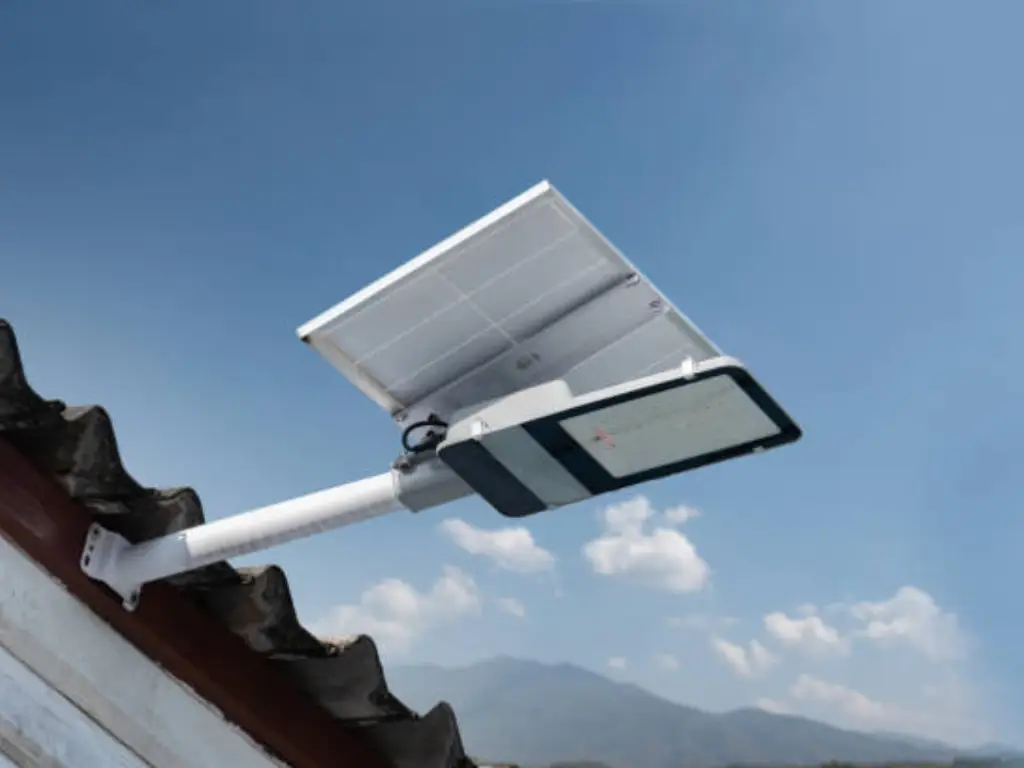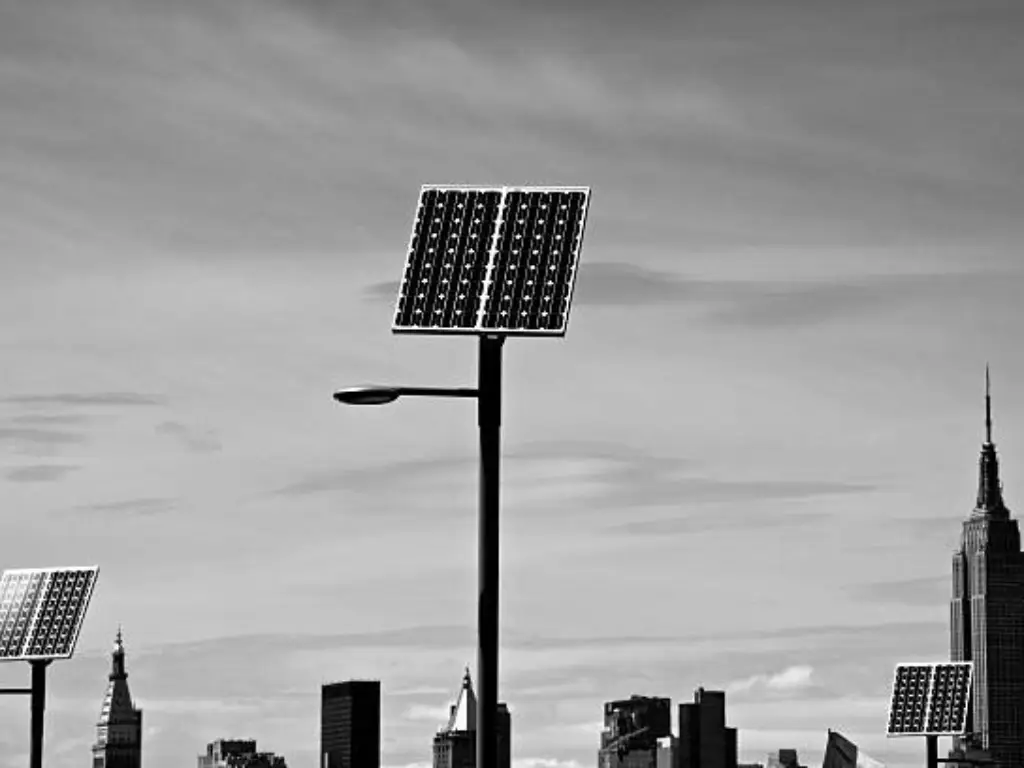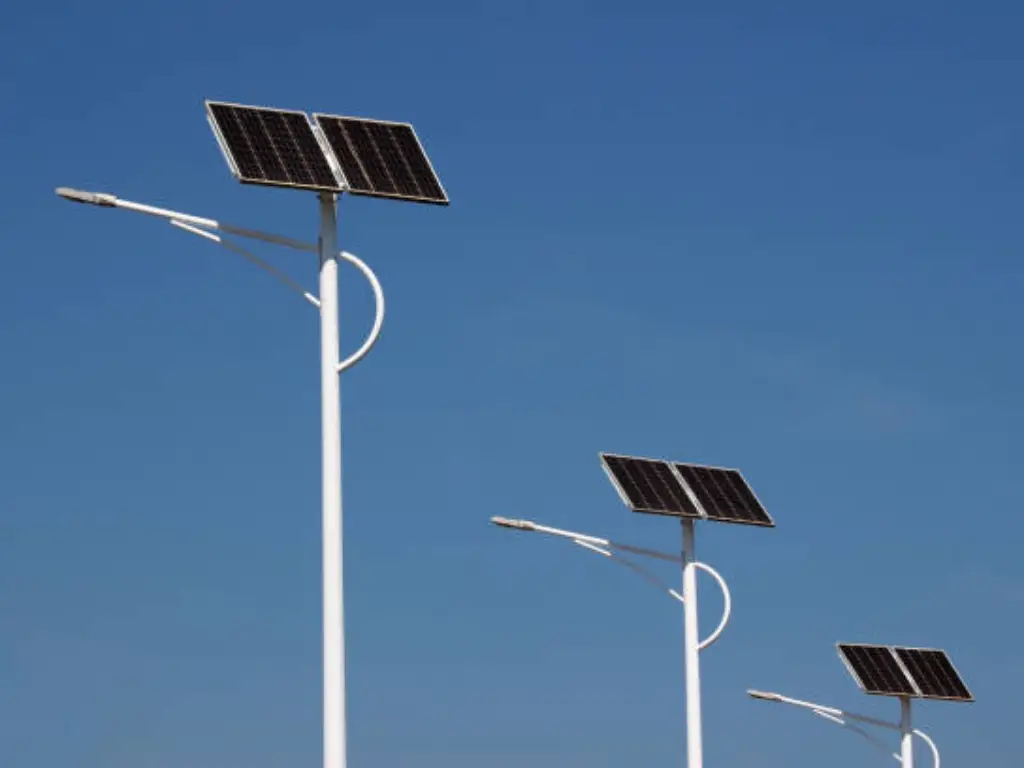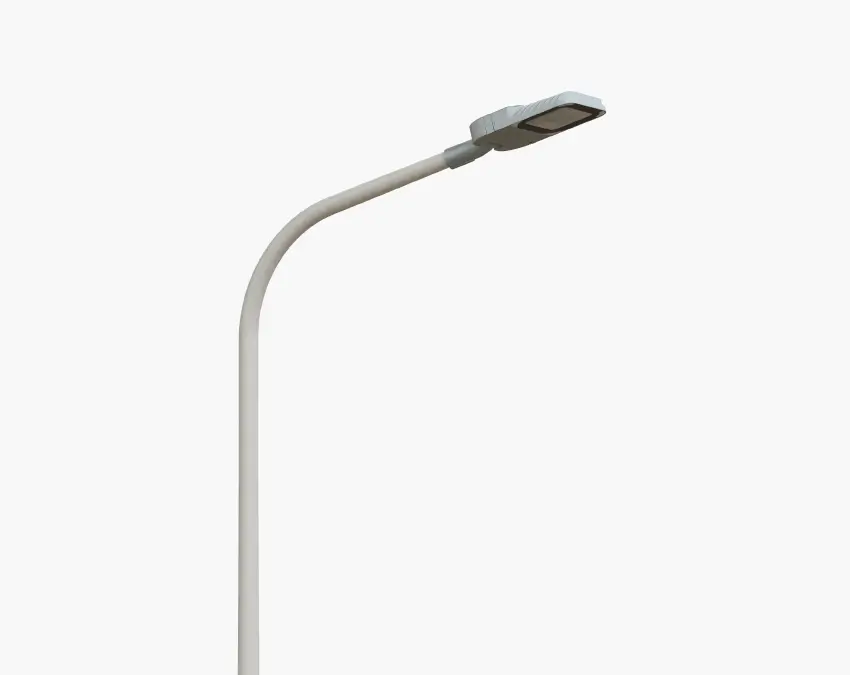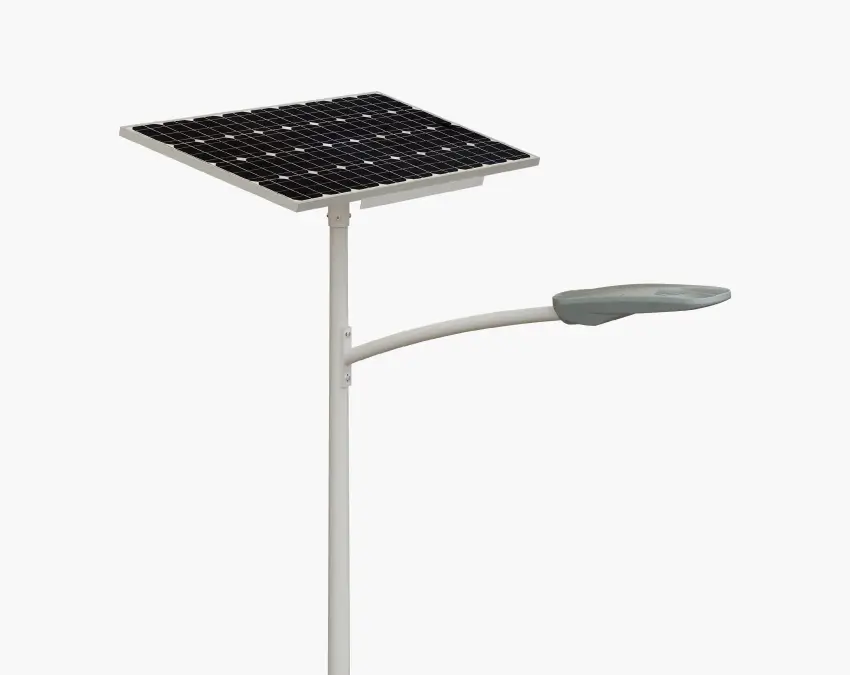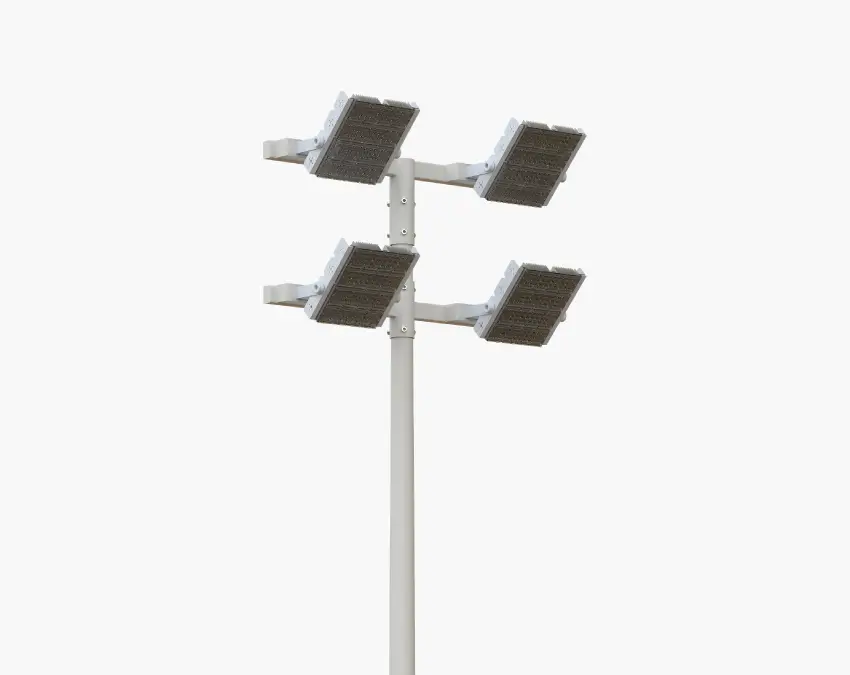Introduction
People now appreciate the use of solar lights as an eco-friendly and cost-effective way to light their homes, gardens, streets, and other public areas. They are more developed now because of the use of electricity. More and more people are adopting solar light technology, which makes it a significant part of an energy-conserving lifestyle. Solar energy has revolutionized how we use energy in the world.
There are many reasons why one should switch to solar lights. Solar lights are energy-saving, reducing electricity bills, and are cheap, which means everyone can access them. In addition, they can be used in any situation because they don’t require installation or electricity. We begin by looking at how solar lights are constructed and how they work. After that, we examine the many advantages solar lights bring, operations, and most importantly, how they will contribute to an ecologically friendly world.
What Are Solar Lights and Their Components?
Solar lights are state-of-the-art lighting systems that use solar power exclusively. Their basic parts work together to capture sunlight, convert it to energy, and provide light. Let’s break down their main components:
Solar Panel
A solar panel stands as the essential component of solar lights because it transforms sunlight into electrical energy. Photovoltaic cells which are usually made from silicon accomplish the transformation at hand because of the photovoltaic effect. Sunlight exposure to the panel generates direct current (DC) after exciting electrons inside cell structures. A solar panel’s efficiency relies on three factors including its dimensions and material quality and its installation position. To maximize solar energy absorption panels should obtain the most direct sunlight while avoiding any shading obstacles. Modern solar panel technology produces electricity during cloudy conditions but operates with diminished effectiveness.
Rechargeable Battery
The rechargeable battery optimally stores electrical energy produced by the solar panel for use at night. This ensures that the solar light functions properly even in the absence of sunlight, making the solar light useful all the time. Most solar lights use nickel metal hydride (NiMH) or lithium-ion batteries because of their superior energy storage capabilities and strong construction. Rechargeable batteries are designed for repeated charging and discharging without loss in performance. The light can only operate for as long as the battery capacity allows. Performance is also contingent upon negligence of maintenance practices like replacing old batteries.
LED Bulb
The light source of solar lights is the LED (Light Emitting Diode) bulb, selected for efficiency and durability. Because LEDs only consume small amounts of power to emit strong light, they are preferred in solar-powered systems. Compared to regular incandescent bulbs, which might only last a few years, LEDs are incredibly tough. They can last for tens of thousands of hours. Also, during usage, they only produce a small amount of heat, allowing for more power to be utilized in lighting instead of being wasted. Thanks to modern technology, LEDs can now be designed to emit various colors and brightness levels to satisfy different lighting requirements, whether it be soft garden lighting to bright walkway illumination.
Controller and Sensors
Solar lights operate through controllers and sensors which function as their central components for managing energy efficiently and automating operations. A controller manages energy movement between the solar panel battery and LED to protect the battery from damage caused by overcharging or deep discharge. The light sensors and photoresistors operate as detection devices that enable automatic light activation during dusk and automatic shutdown during dawn. The additional security feature of motion sensors enables these models to automatically brighten when they detect movement. The built-in smart features of solar lights make them both easy to operate and convenient to use.
The reliability sustainability and ease of use of solar lights depend on each individual component. Understanding the different components helps us better recognize the innovative aspects of solar lighting technology.
How Do Solar Lights Work?
Fundamentally, solar lights work to convert sunlight into energy to illuminate a location.
Daytime: Energy Absorption and Storage
Photovoltaic cells turn sunlight into direct current (DC) electricity during the day. The solar panel absorbs energy from the sun, and the generated electricity charges the battery. To prolong the battery’s life, the charge controller ensures that the battery does not get overcharged. On cloudy days, solar panels can still capture enough sunlight to gather enough energy, even though it is at a suppressed rate.
Nighttime: Energy Release and Illumination
Once the sun sets, light sensors notice a reduction in ambient light. This causes the LED bulb to activate, which in turn releases the stored electrical energy. The outcome is an effective source of light that is not dependent on a power grid. This cycle of energy generation and use is what forms the backbone of the solar energy system. Through such a simple cycle, one can easily experience how solar lights energy.
Due to modern smart sensors and robust components, solar lights now offer reliable illumination in a myriad of environments which makes them ideal for residential and commercial use.
Do Solar Lights Work in Winter or Low Sunlight Conditions?
Winter months are notorious for their low sunlight, and worrying over the functionality of solar lights in such weather is a common topic. Shizzeriaar days and scant daylight hours lead to suboptimal charging, making many people assume using solar lights during the winter renders them ineffective. Fortunately, economists have innovative solutions to overcome these challenges. Now with cutting-edge technology in photovoltaics and enhanced battery efficiency, modern solar lights can withstand low exposure to sunlight. Indeed, reputable brands that incorporate large solar panels, state-of-the-art batteries, and lithium-ion power sources have the ability to capture solar energy and use it efficiently enough to power the lights even in winter for a limited time.
As for the optimal performance of solar lights, it is required to avoid any shaded areas such as walls or trees. Placing them under direct sunlight is crucial. For more details on whether solar lights need direct sunlight, you can read this blog on solar light performance. Using weatherproof designs ensures that the harsh architectural features have less of an impact. Moreover, USB charging capabilities and bulkier batteries on solar lights can help sustain brighter bulbs throughout the whole year. Properly designed solar lights have stress-resistant components, and when coupled with the correct placement for sunlight, users can bask in ideal conditions through the toughest seasons.
Benefits of Using Solar Lights
Aside from reduced energy use, the benefits of solar lights are numerous: they provide versatile lighting options with limited environmental impact while being budget-friendly.
Energy Efficiency and Cost Savings
Solar lights are powered completely by renewable solar energy which diminishes reliance on electrical systems and cuts down on energy costs. Solar lights are self-sustaining, which allows owners to reap the benefits of significant long-term savings while having no energy costs. The LED light bulbs integrated with solar lights are highly effective, producing bright light with low power usage.
Easy Installation and Maintenance
The installation of solar lights is incredibly easy as there is no need for any type of external wiring which allows them to be fit in any location. This means that anyone can partake in DIY projects without the need for professional electrical services. Maintenance is also minimal and only requires the cleaning of solar panels to guarantee perfect functionality.
Versatility and Aesthetic Appeal
Solar lights exist in numerous designs which include functional pathway lights and decorative string lights that can be used for gardens patios driveways and street lighting applications. Solar lights adapt to different environments which enables them to create practical solutions while adding beauty to residential and commercial spaces.
Eco-Friendly and Sustainable
Solar-powered lights enable us to decrease our carbon emissions while reducing greenhouse gas production. These lights operate independently of fossil fuel electricity which supports both a cleaner environment and sustainable power generation.
Reliable and Weather-Resistant
Solar lights feature weather-resistant construction materials which protect them from outdoor conditions such as rain, snow, and harsh temperatures. These devices operate efficiently throughout the year because their waterproof rating reaches at least IP65.
Security and Safety Benefits
Solar security lights with motion detectors not only provide security but also function automatically turning on with the user’s movements. This can scare intruders away. Furthermore, the absence of electrical wires adds to their safety by minimizing fire and shock risks.
Performance During Power Outages
Solar lights are far superior to electricity-powered lights in the sense that they always stay lit, even when the electricity supply is disrupted. Due to this attribute, these lights make the most reliable emergency lighting which guarantees safety regardless of the circumstances.
How to Choose the Right Solar Lights?
| Criteria | Details |
| Determine the Purpose | Different solar lights serve different functions. Garden decorative lights focus on ambiance, while pathway lights prioritize safety. High-intensity solar streetlights suit large areas, while landscape lights enhance aesthetics. |
| Evaluate Brightness and Lighting Effect | Brightness is measured in lumens—the higher the lumens, the stronger the light output. Pathway lights need moderate brightness, while security lights require higher lumens. |
| Battery Capacity and Runtime | Battery storage capacity determines operating time. Larger batteries ensure longer nighttime illumination. High-efficiency solar panels and large-capacity batteries improve performance in low-light conditions. |
| Durability and Material | Outdoor solar lights should be weather-resistant, waterproof, dustproof, heat-resistant, and UV-resistant. Materials like aluminum alloy or stainless steel ensure long-term durability without rusting or damage. |
| Additional Features | Smart features like automatic light sensors (turn on at dusk, off at dawn) and motion sensors (increase brightness when movement is detected) enhance usability, security, and convenience. |
| Brand and Reliability | Choose reputable brands with positive reviews and reliable warranties. Checking user feedback and product reviews helps ensure durability and quality before purchasing. |
Always consider what the solar lights will be used for. For example, warm lights are suited for decoration and cooler, brighter lights are effective for driveways and pathways. The brightness, indicated in lumens, is critical for use; lower brightness is better for decorative uses while higher lumens output is ideal for security purposes. Battery power is also important for prolonged use during cloudy days, and good panels increase performance.
Lights intended for outdoor use must be hardy; therefore, a minimum IP65 rating is required for lights that are going to be exposed to extreme climatic conditions. Other features such as motion sensors boost security and usability. Last but not least, the proper selection of brands provides assurance of quality and lifespan of the product coupled with good guarantees, making solar lighting an affordable and eco-friendly solution.
How to Install and Maintain Solar Lights Effectively?
To get the most out of the panel, place the solar lights where there is maximum exposure to the sun and no shade. Position the solar panel optimally in terms of the angle so the sun’s light is captured efficiently and attach the ground fixtures well enough so that no movement occurs due to wind or weather. By tweaking the angle of the panel’s tilt depending on the season, one can make the charge more efficient.
Routine maintenance is integral, although it may come across as unnecessary. From time to time, the solar panels should be cleaned so they do not collect dust and debris which block sunlight. Monitor the state of the battery and replace it when needed so there is regular light output. Automatic functionality is also ensured with the light sensor which has to be unobstructed. This gives reliable illumination with very low maintenance.
Environmental Impact of Solar Lights
Not only do solar lights use renewable energy sources to generate light and reduce carbon emissions, but they also serve as a sustainable lighting solution. When these lights are installed widely, they pave the path for a greener future because they cut down energy consumption and foster the conservation of the environment. In addition to that, they serve as an eco-friendly solution to places without direct power access which increases energy availability without putting a strain on the environment.
Nonetheless, problems such as the disposal of batteries and solar panels must be dealt with. Illegal disposal of batteries can release their damaging components which leads to pollution. Developing eco-friendly materials as well as establishing recycling programs are crucial in reducing waste. Encouraging the correct disposal of solar lights serves as a feasible sustainable option.
The Future of Solar Lights
The advancements in efficiency, battery technology, and smart features are what propel the future of solar lights. With the promise of enhanced performance and reduced costs, innovations such as perovskite solar cells are expected to drastically improve the storage and lifespan of batteries as well. Additionally, there is a growing interest in smart solar lights which can be regulated remotely and have energy monitoring features as well.
Aside from the technology aspect, there is a growing reliance on solar lights in off-grid communities, smart cities, and even disaster-prone areas due to their sustainable and eco-friendly nature. This growing reliance on solar lights emphasizes their expected contribution towards shifting the global power structure from traditional power sources to more sustainable energy solutions.
Conclusion
Solar lighting shows how usable renewable energy can change normal living. Understanding how solar lights function alongside their many advantages offers clarity regarding why it’s a sustainable choice for home, garden, and public area lighting. Given that they lessen energy consumption, decrease expenses, and reduce environmental damage, solar lights are not just practical; they are also a way to a brighter, greener tomorrow. So whether you want to beautify your garden, increase security, or lessen your carbon emissions, solar lights are a worthy investment.
